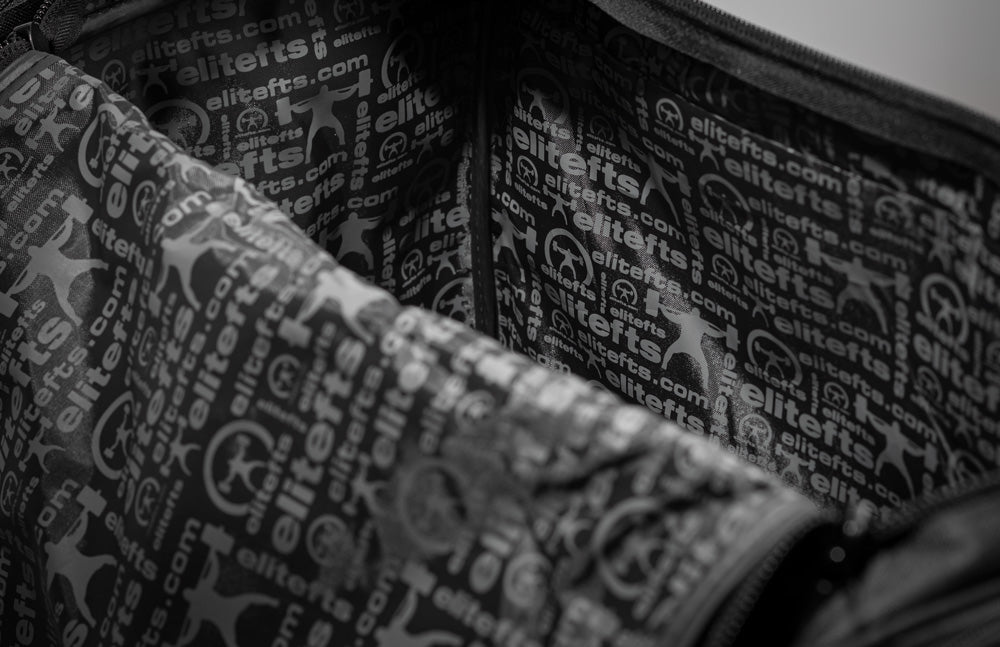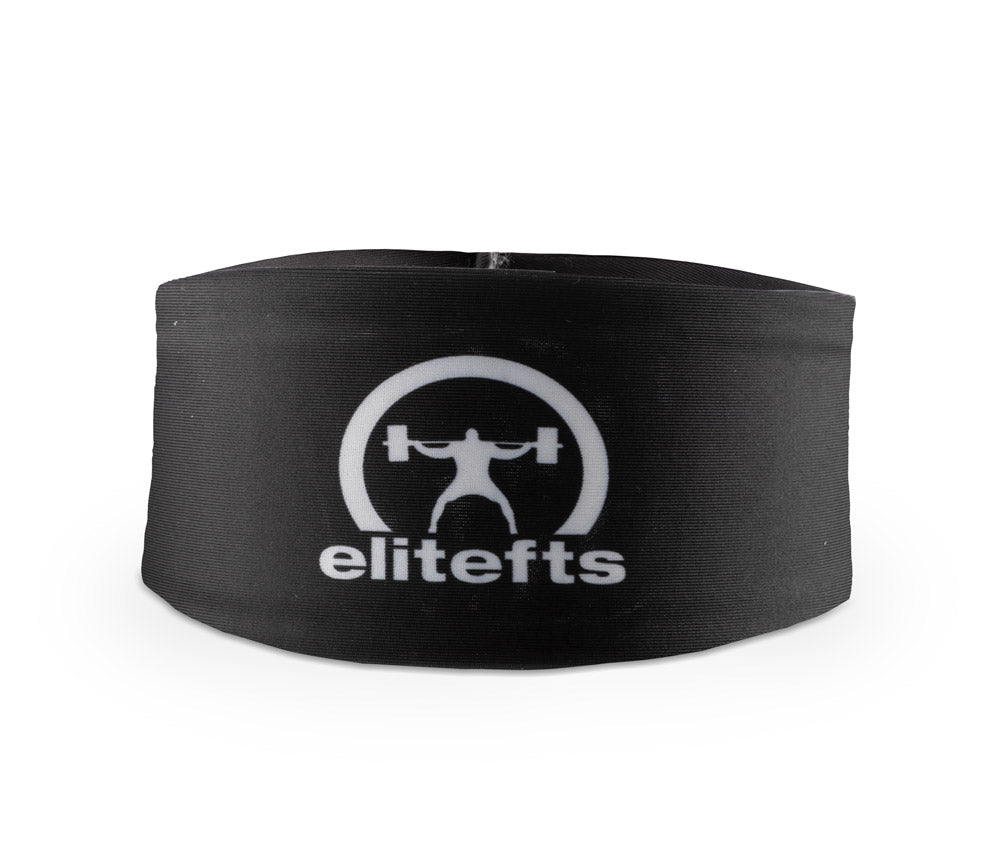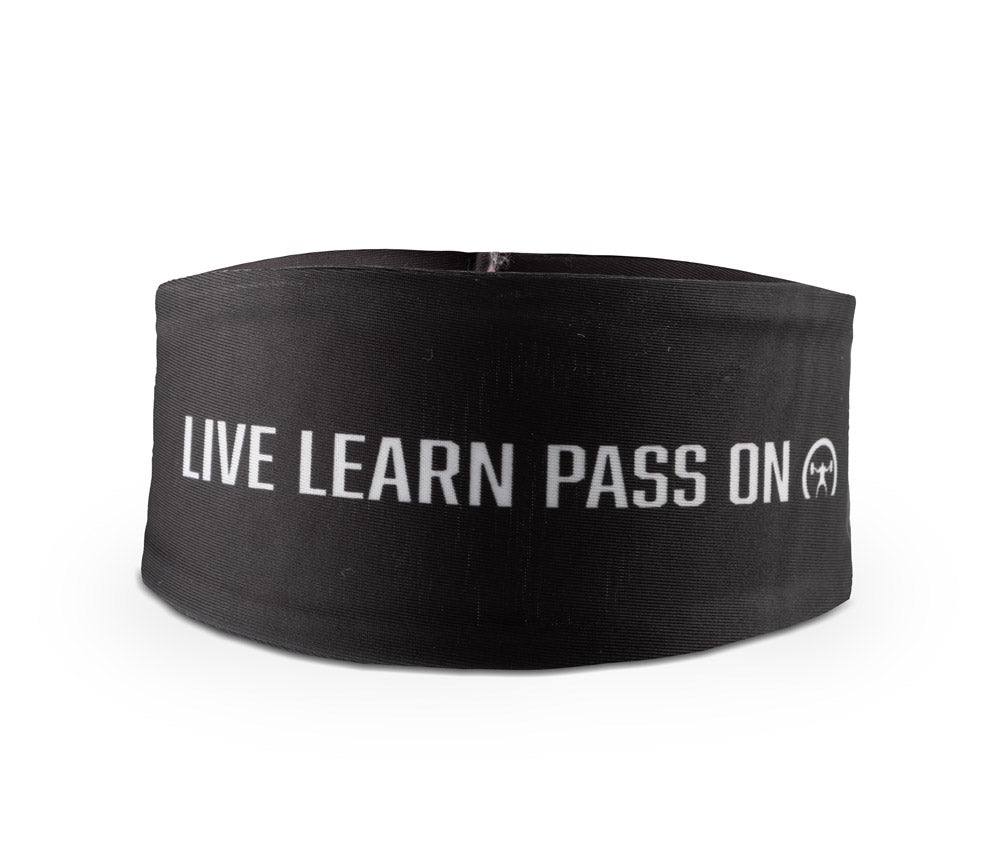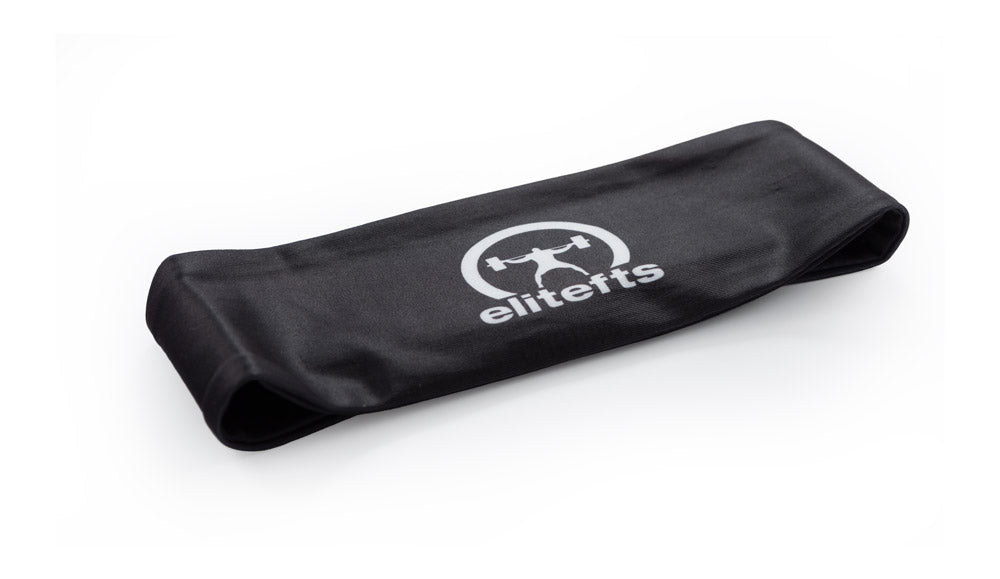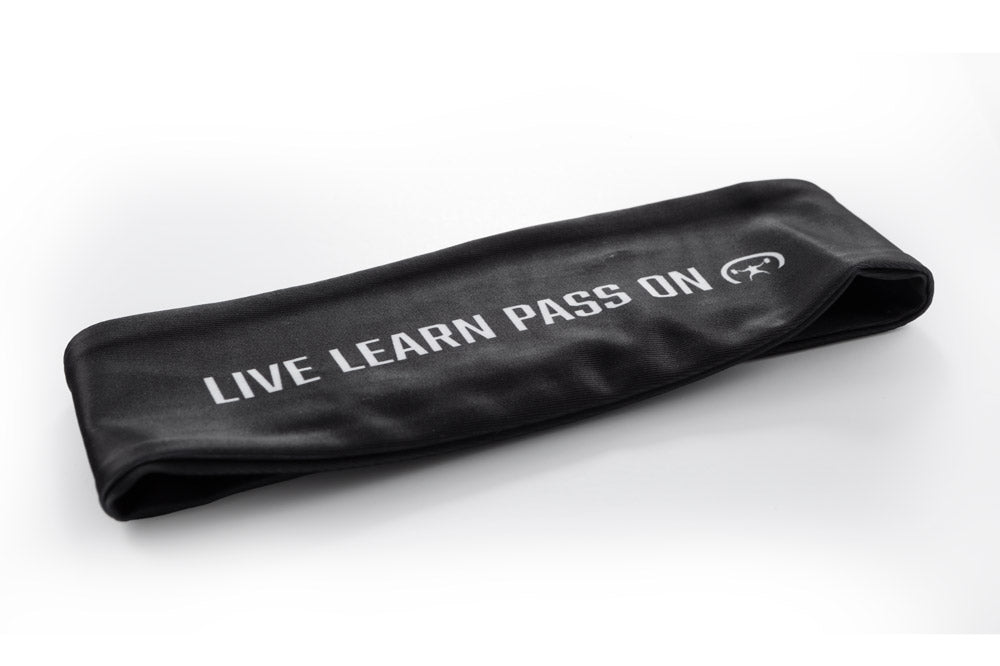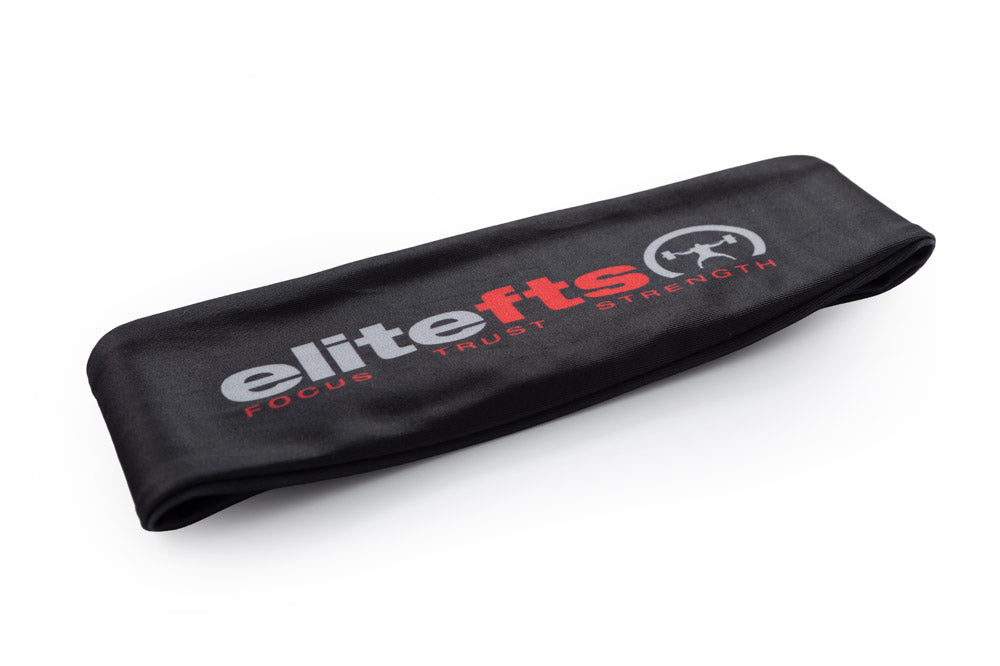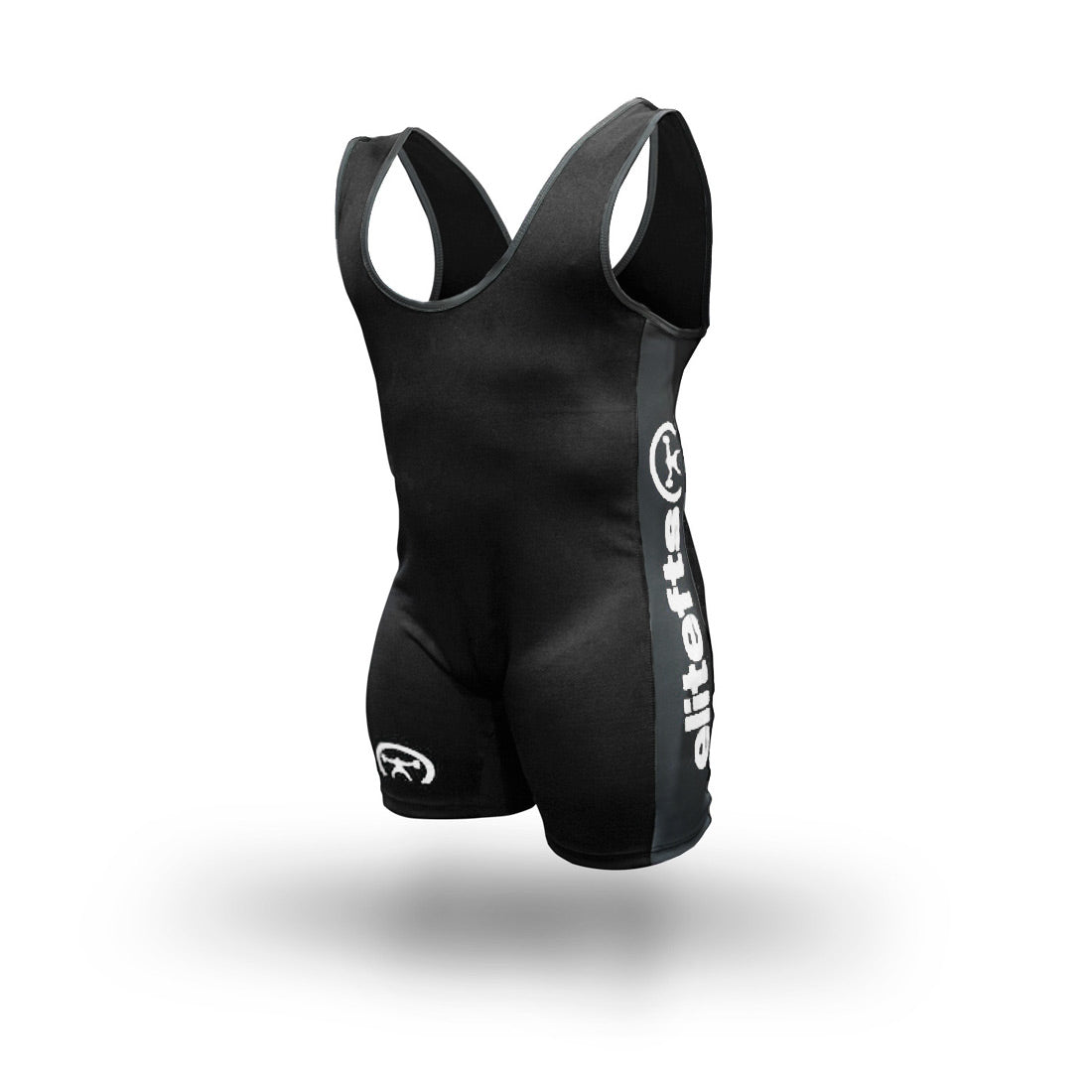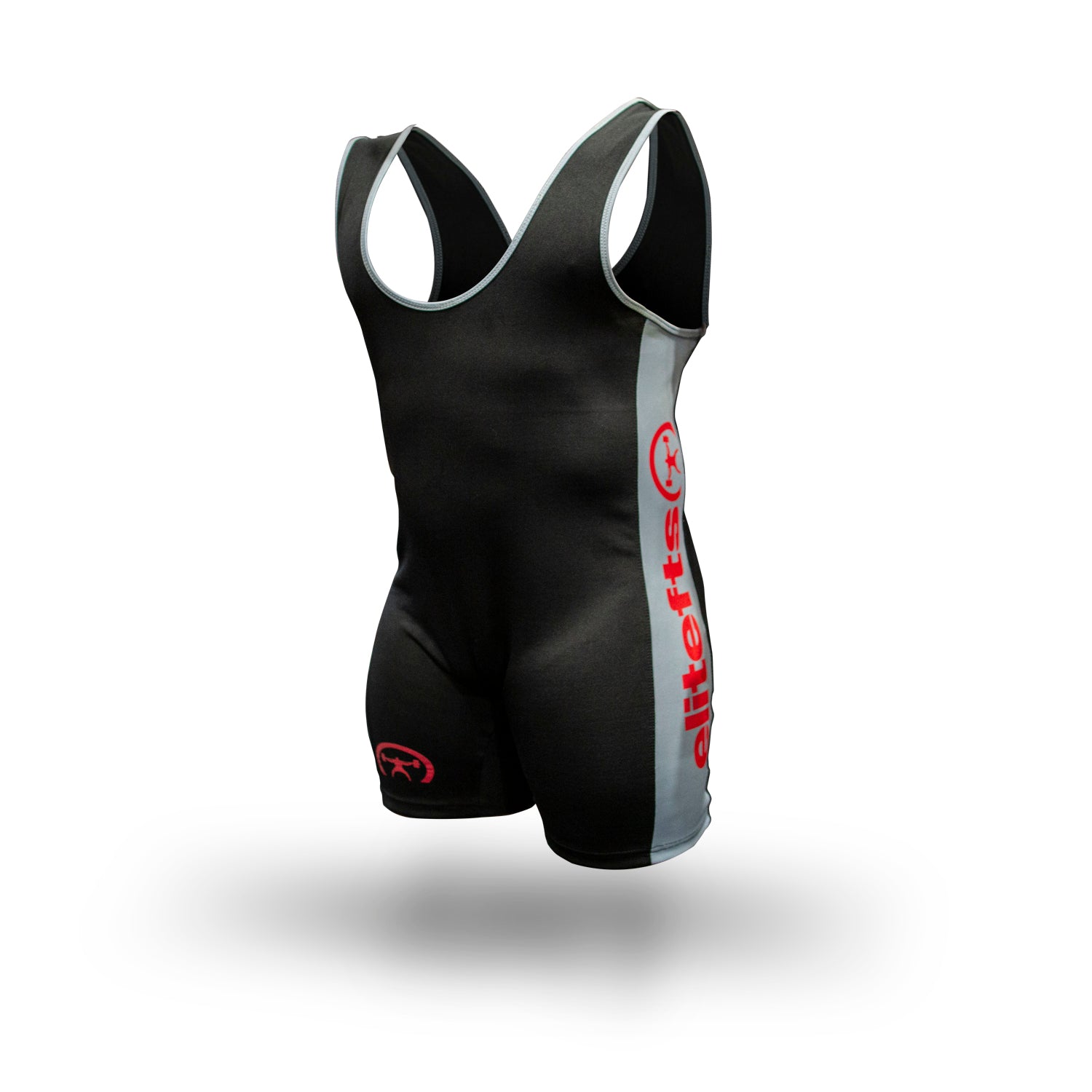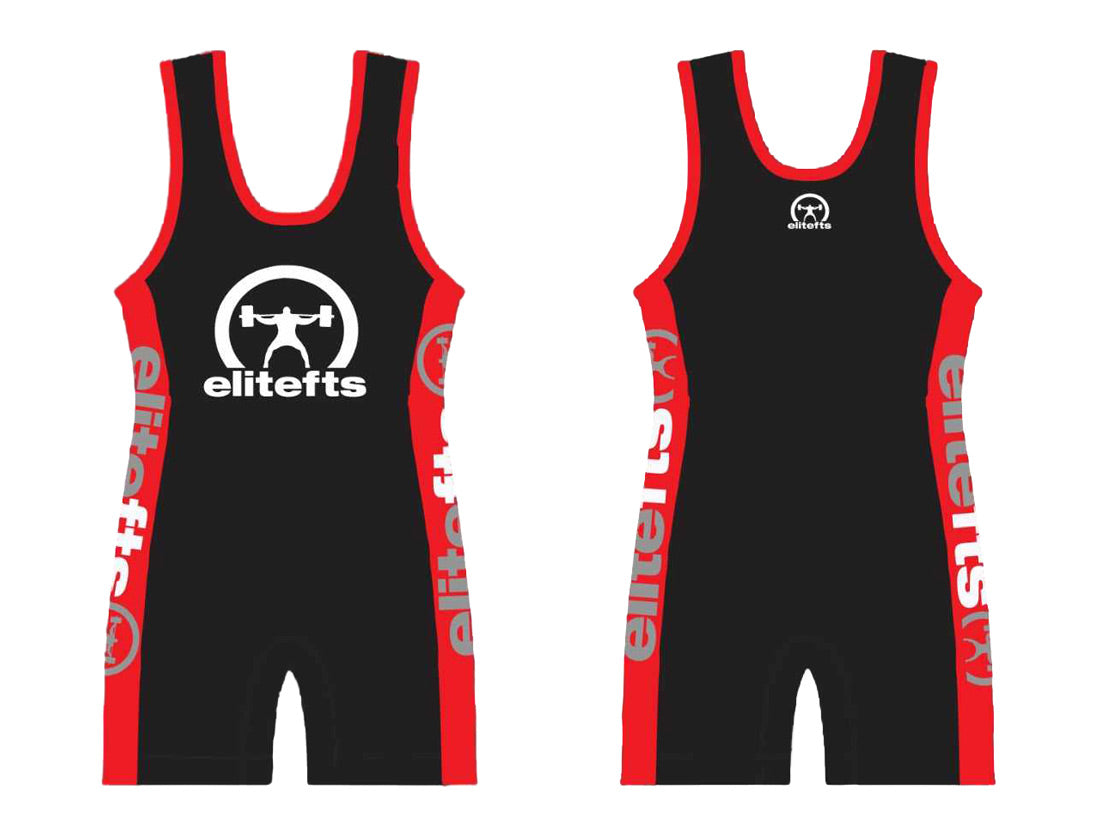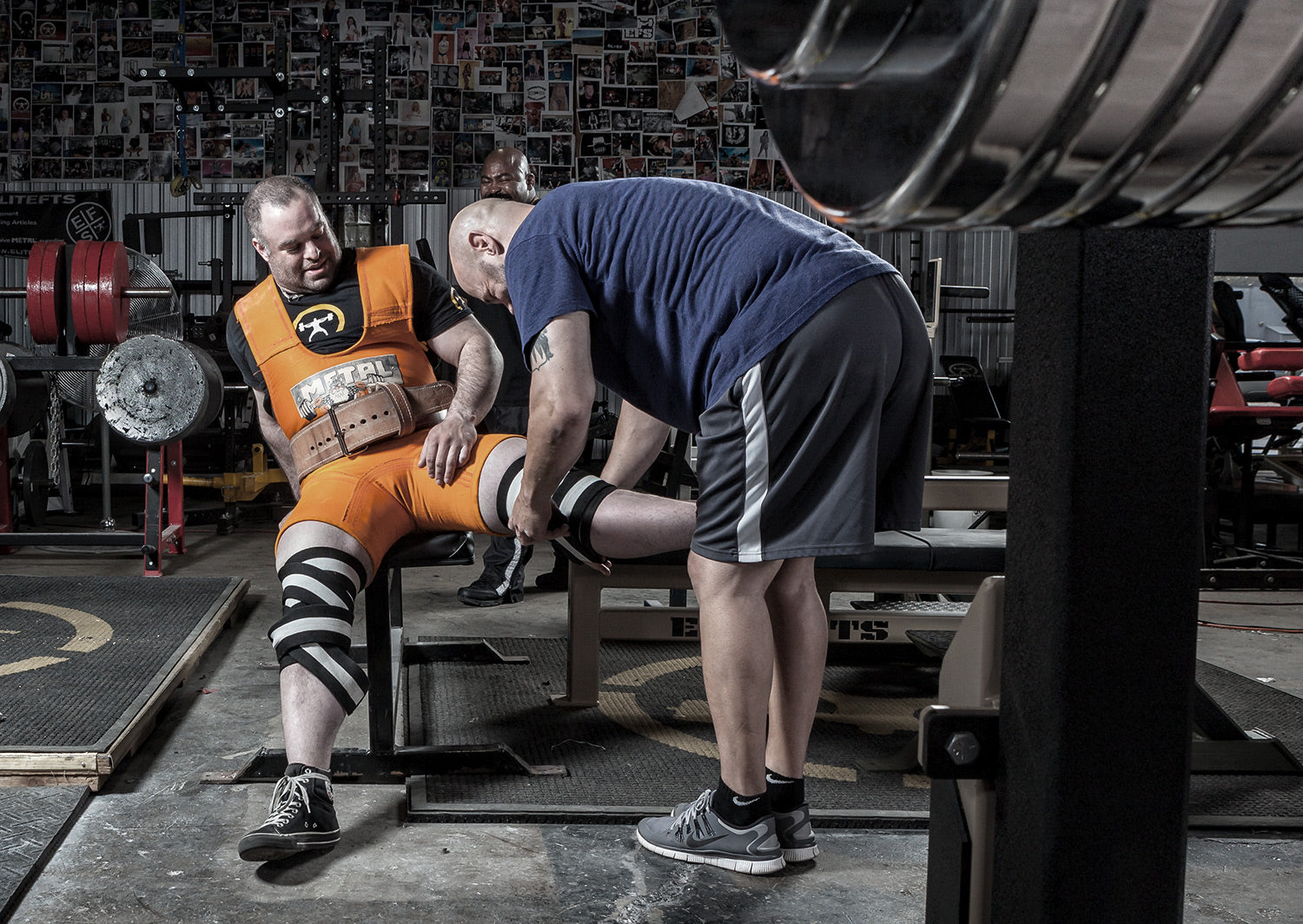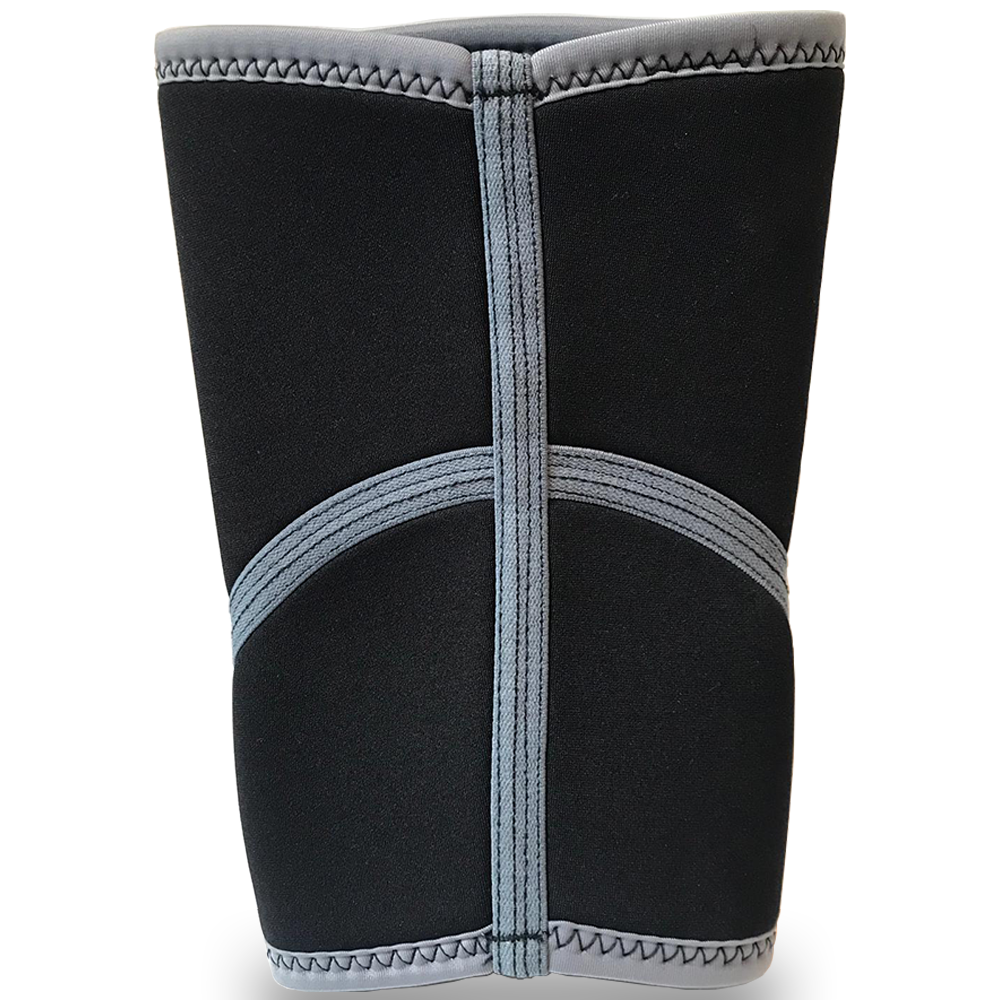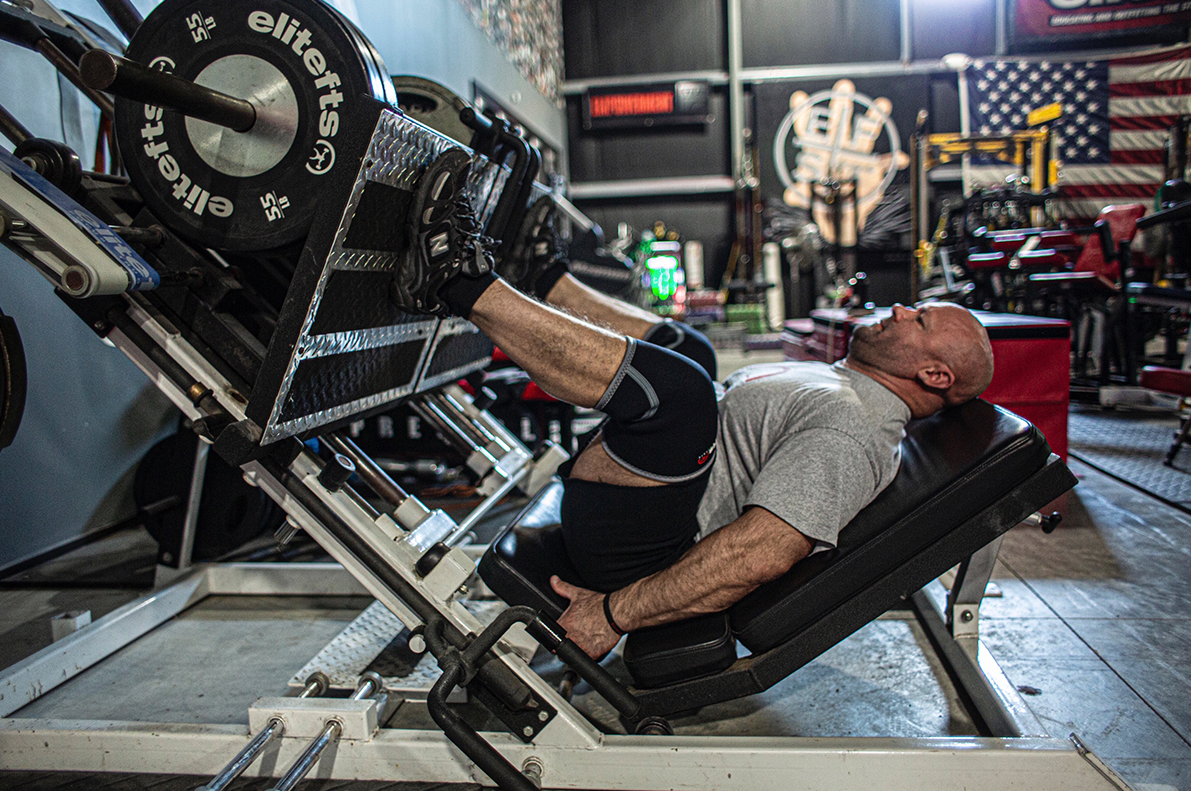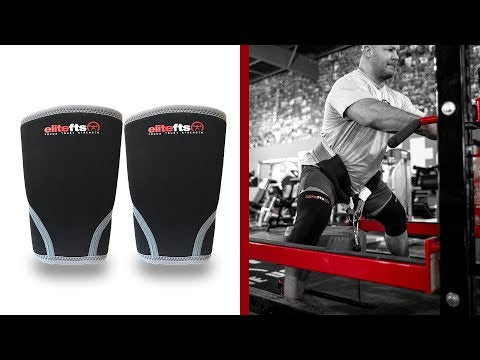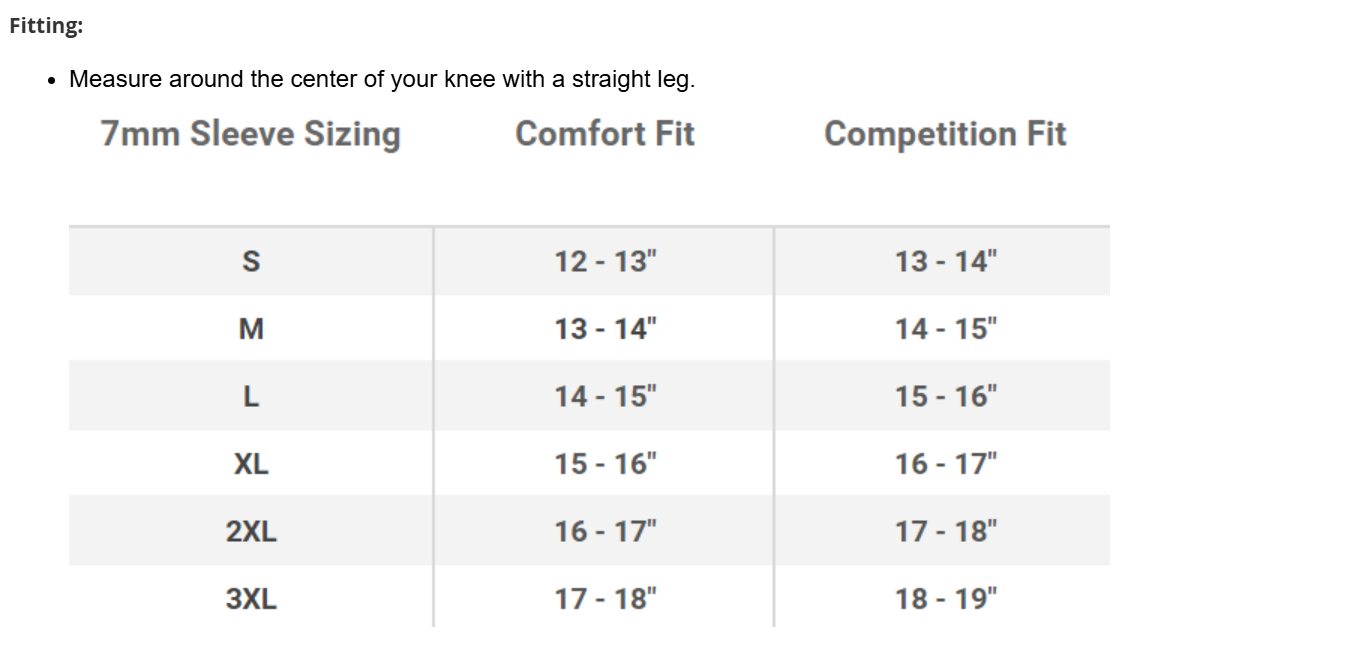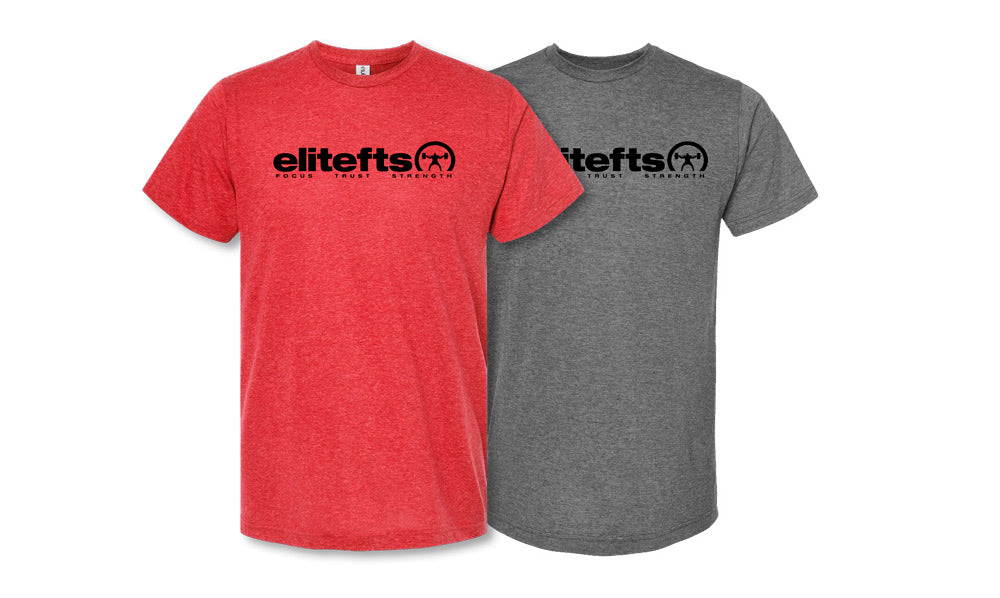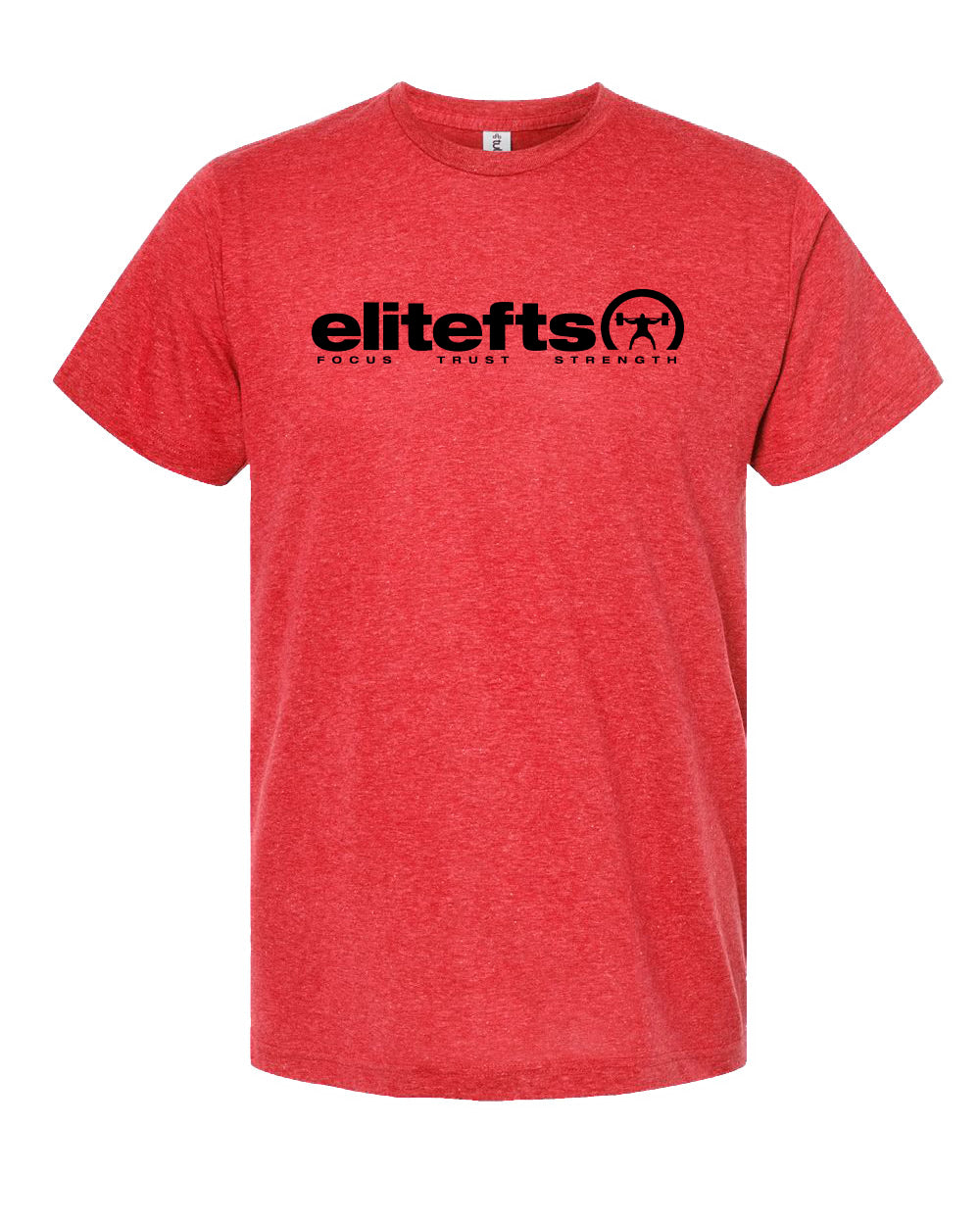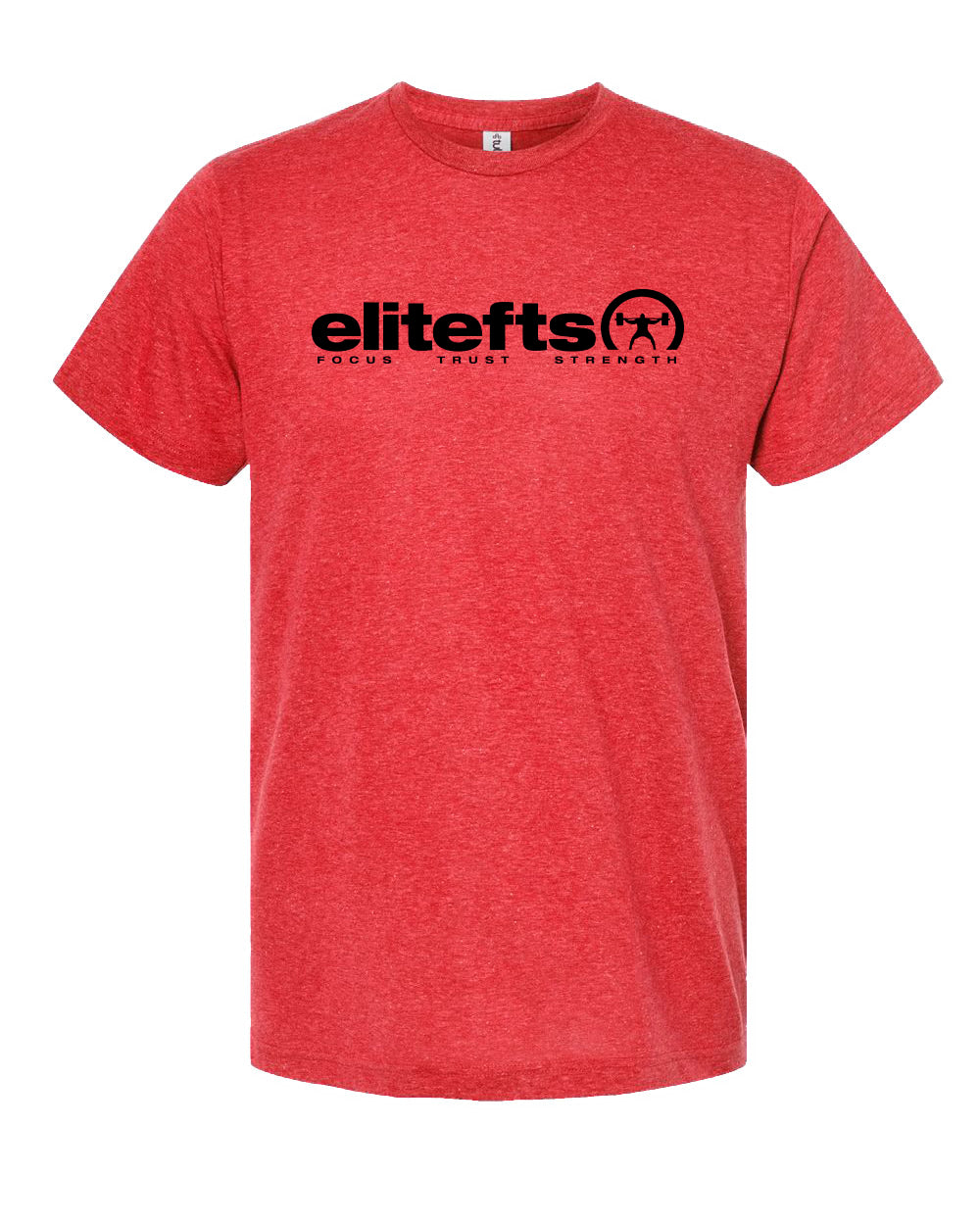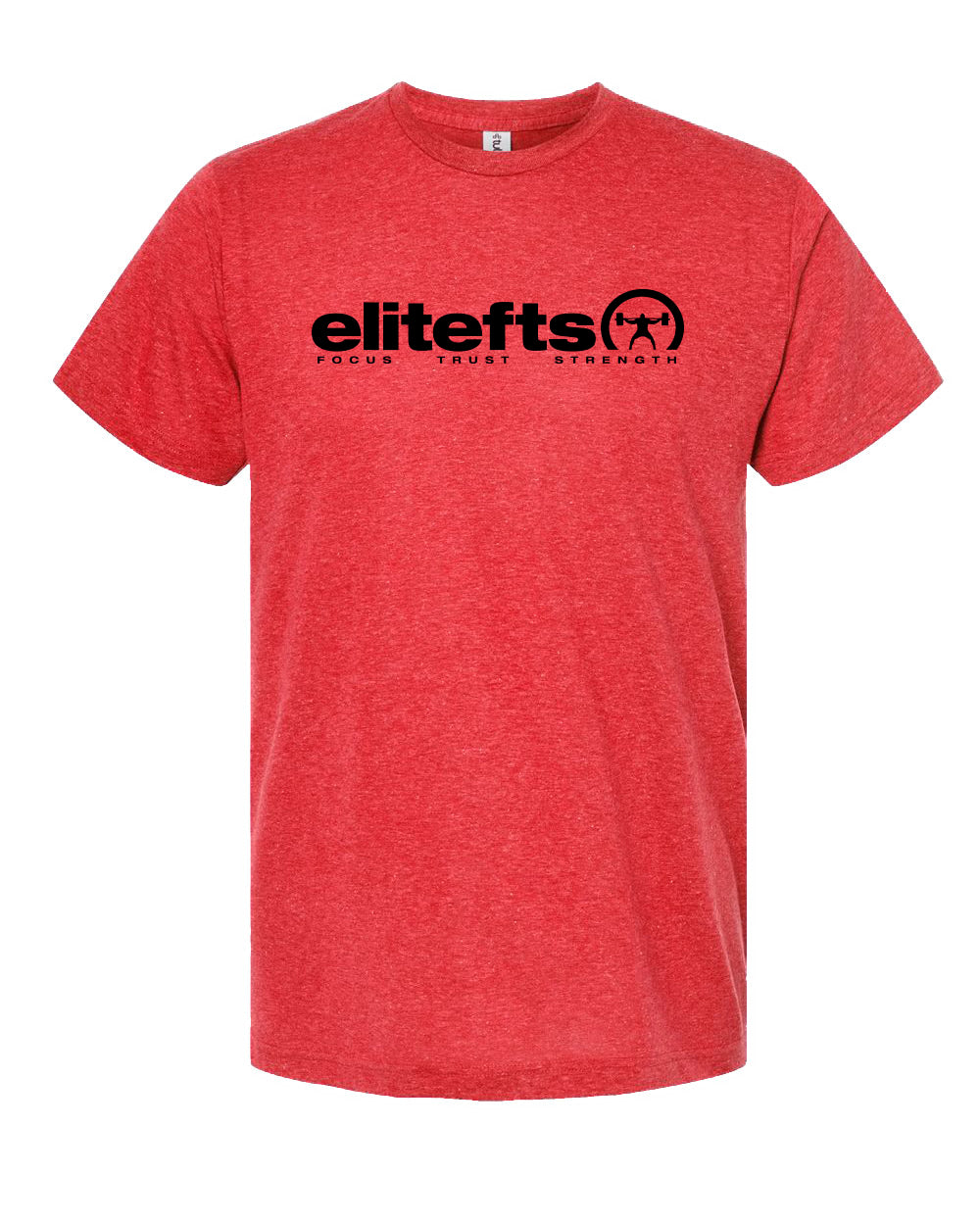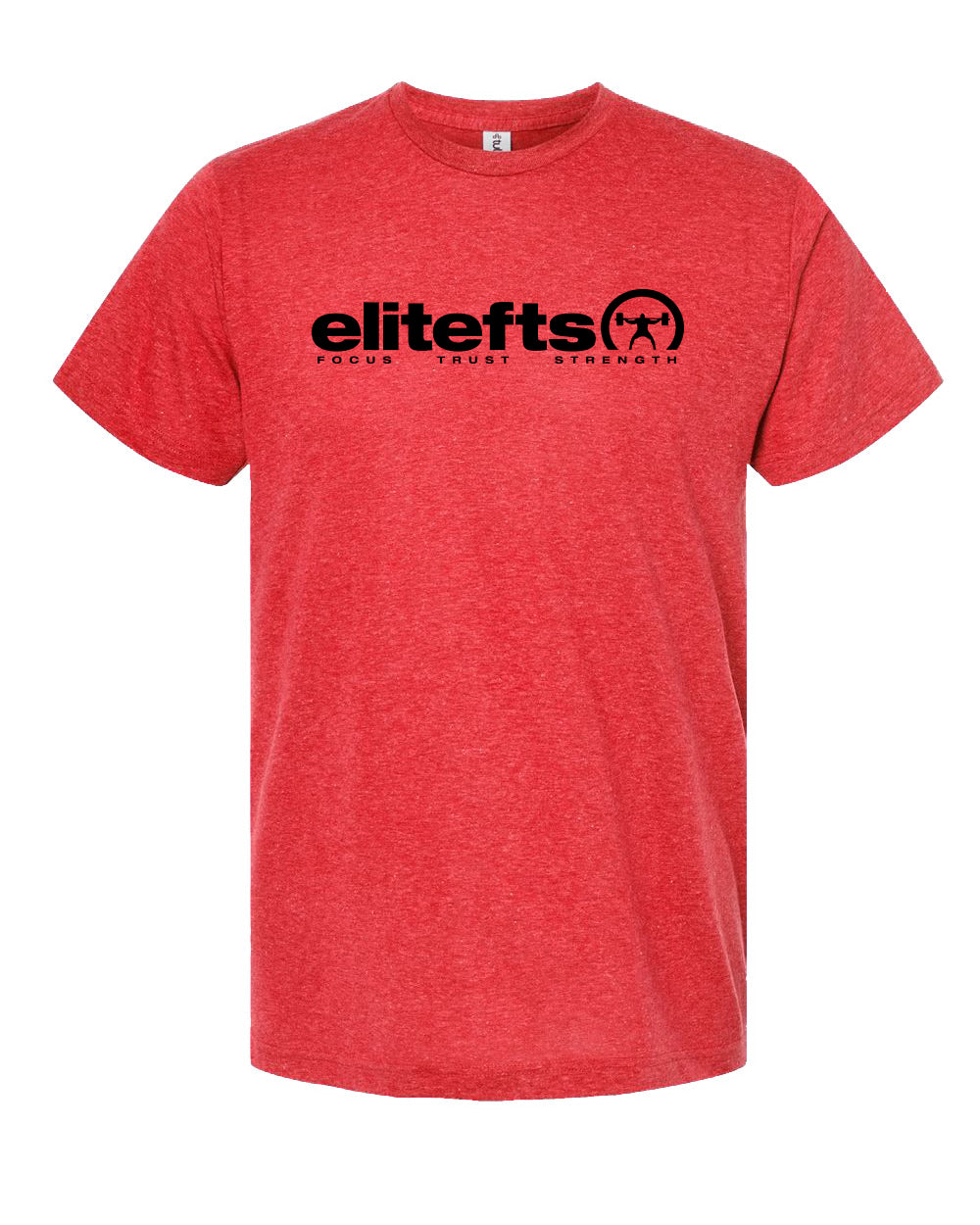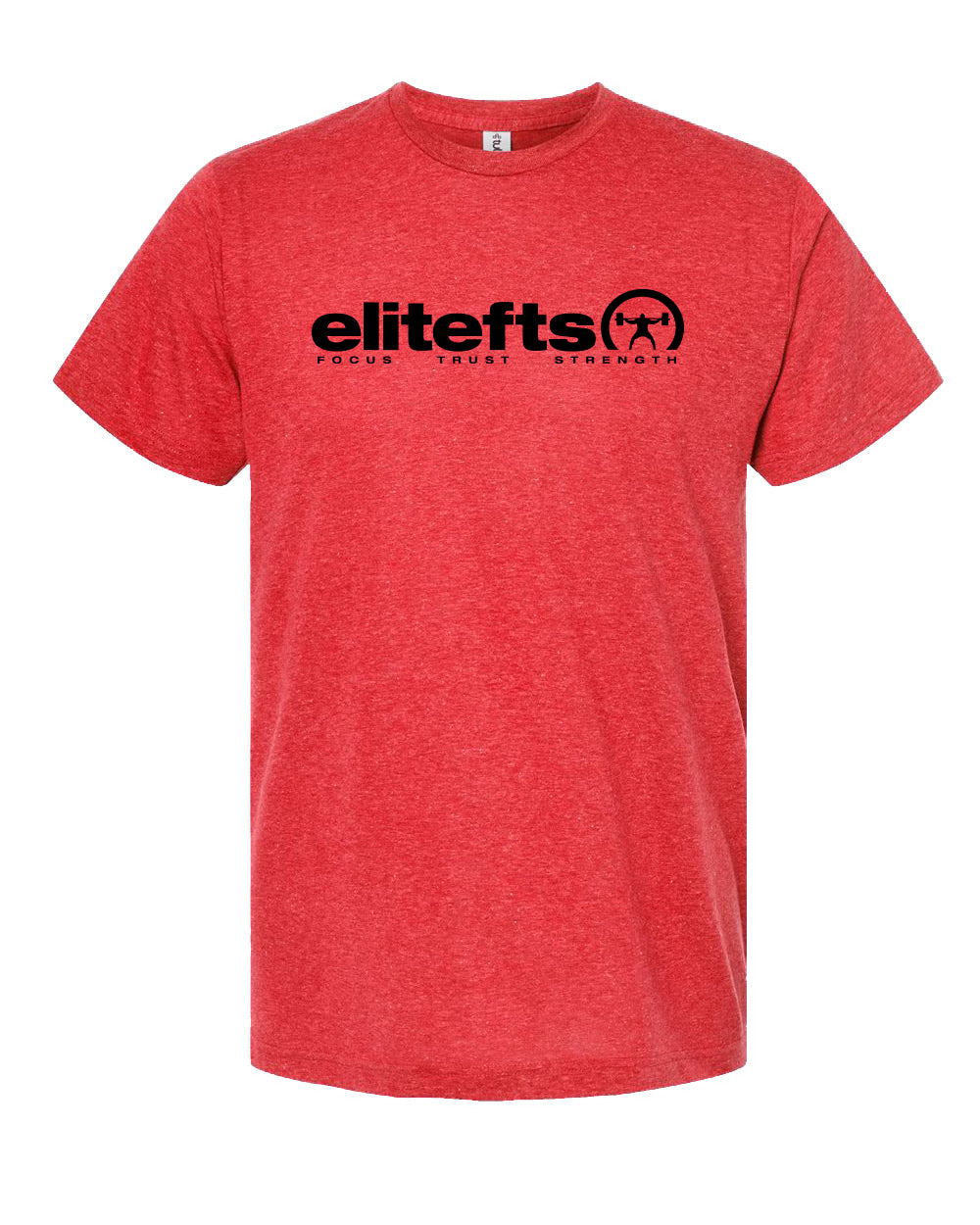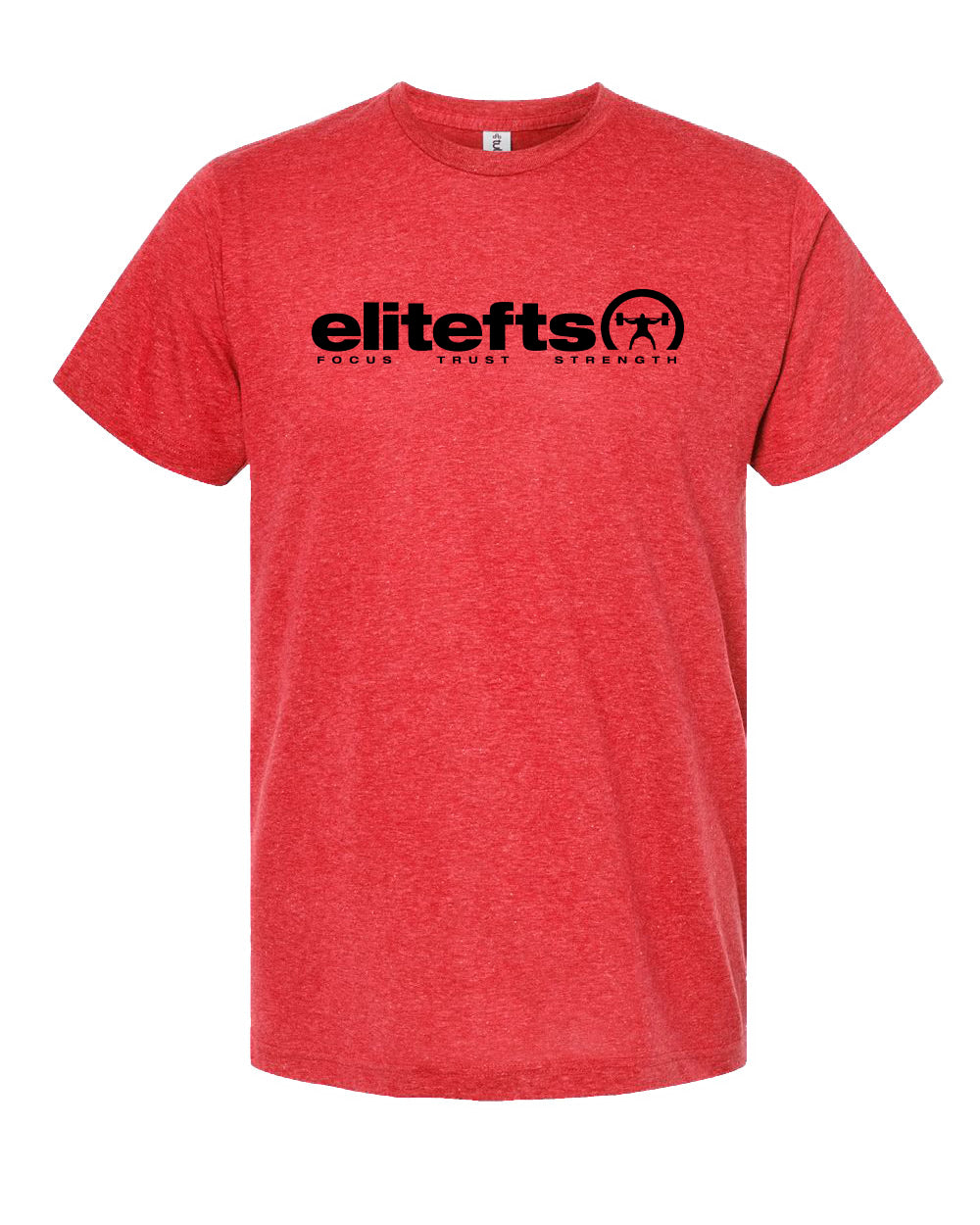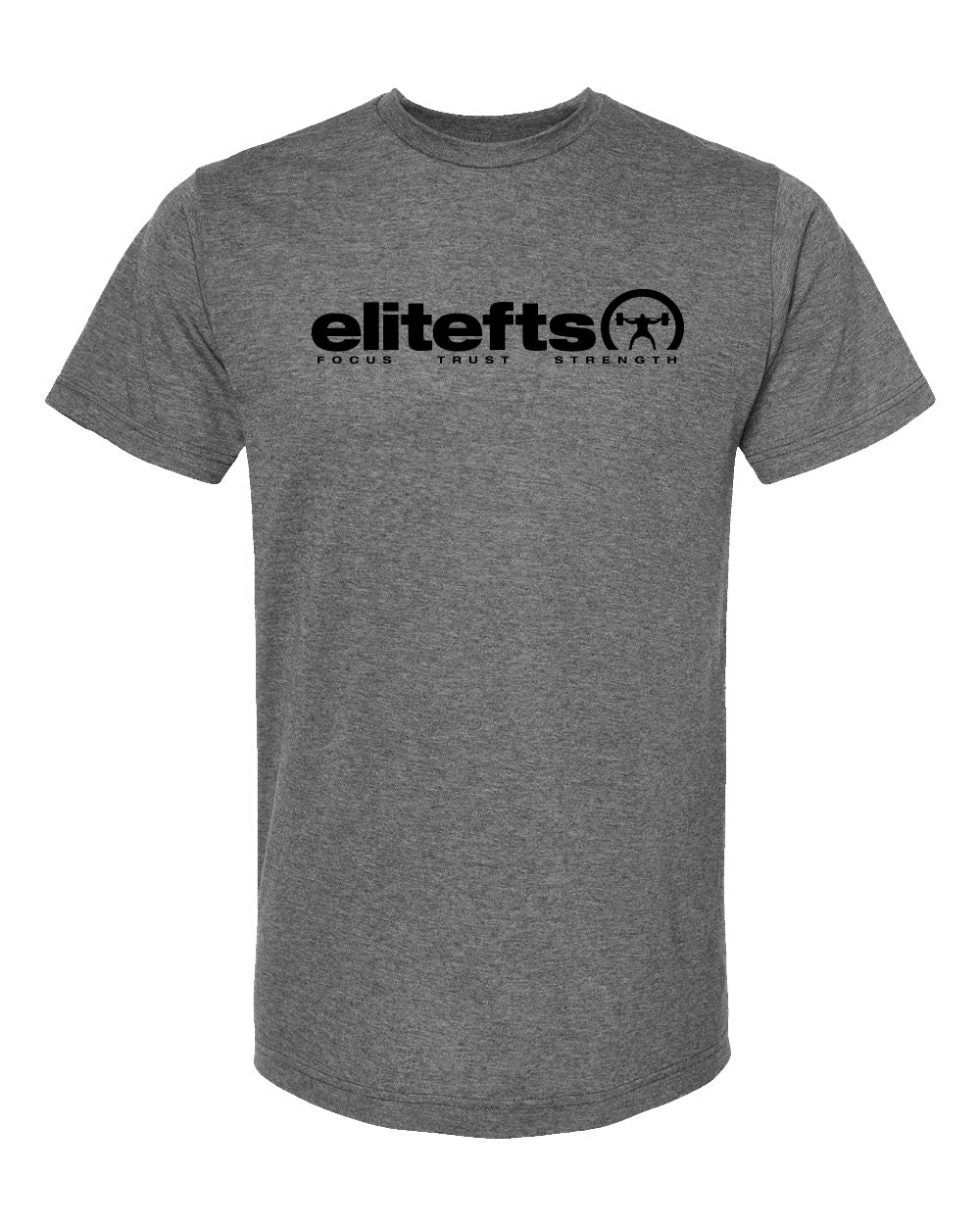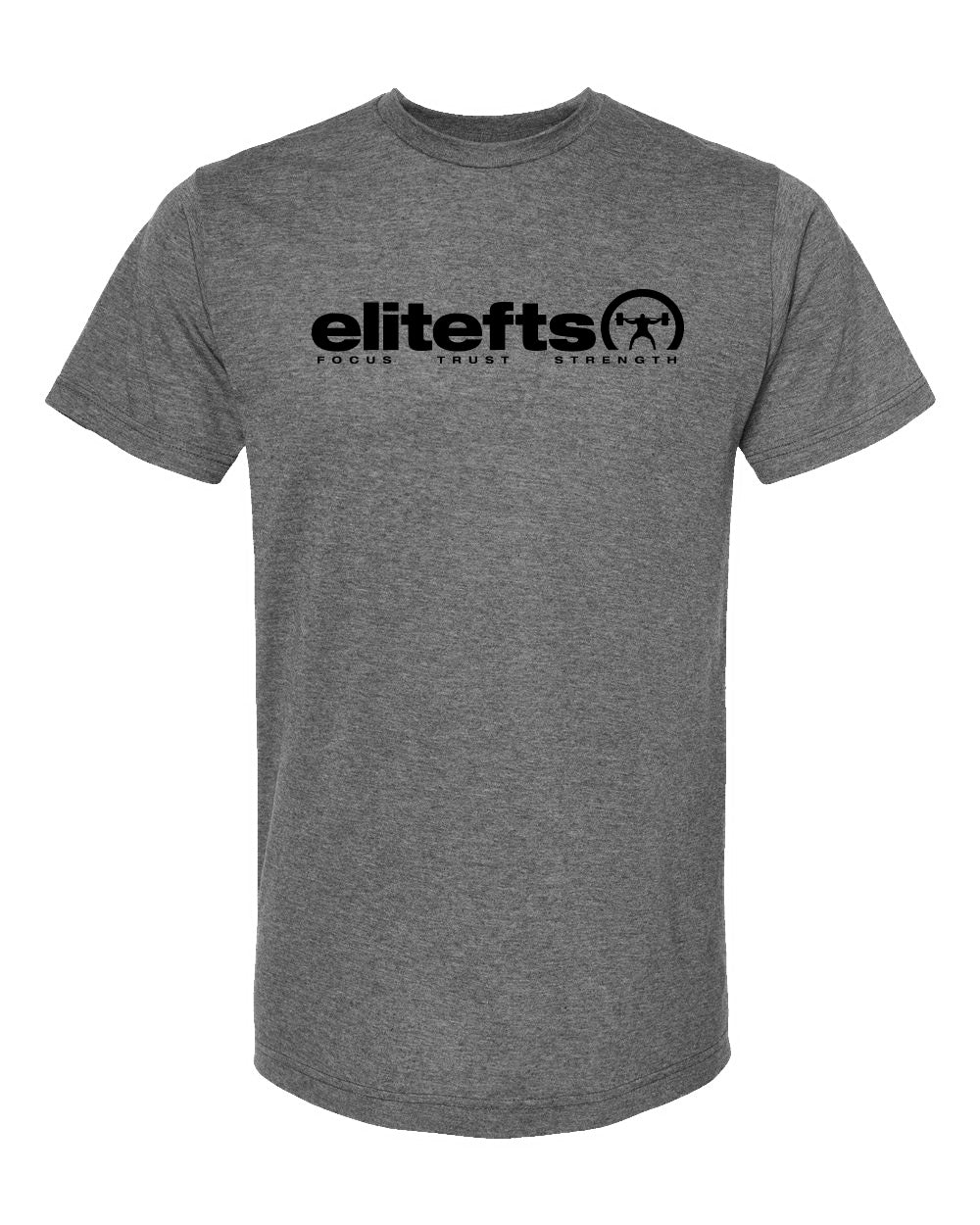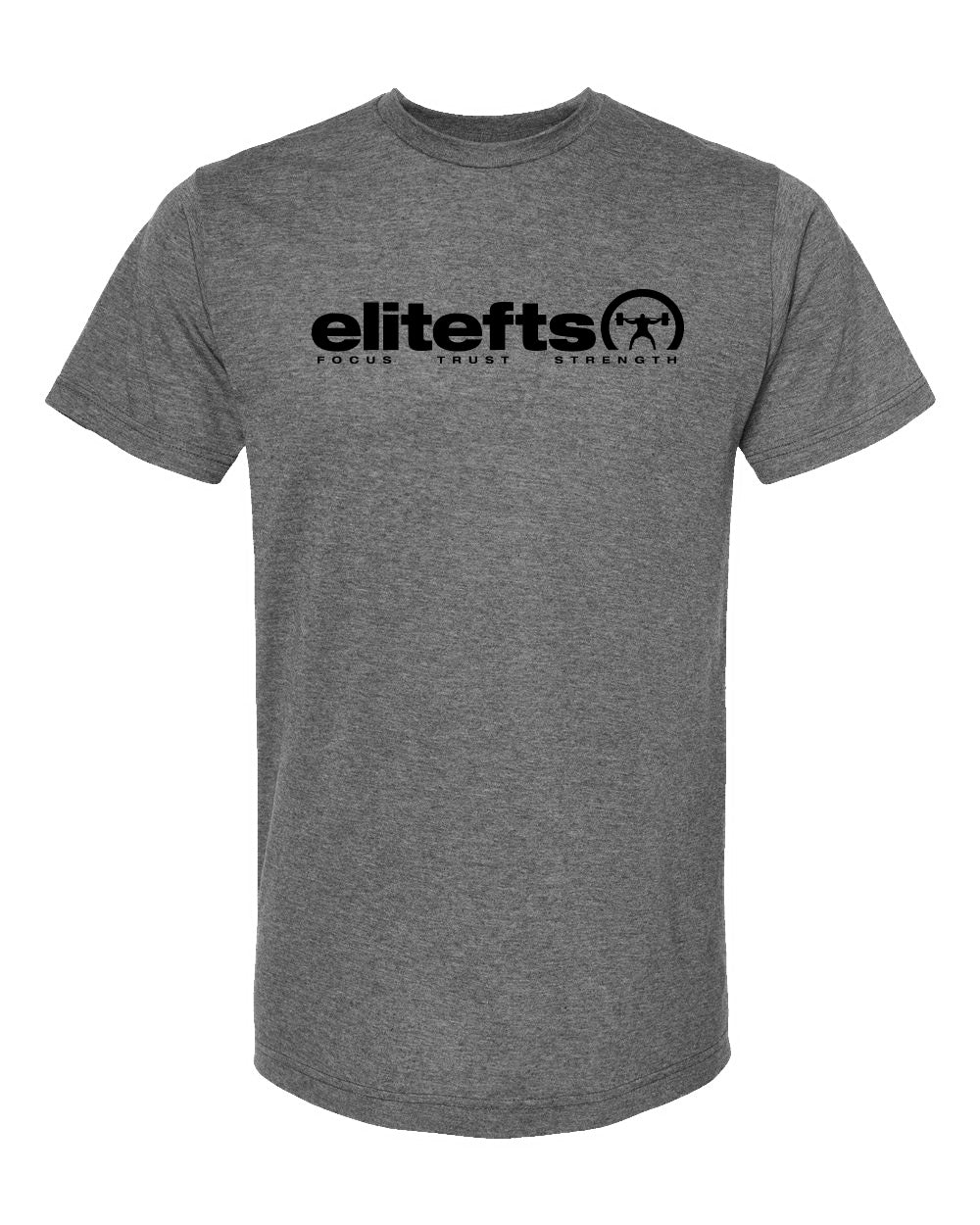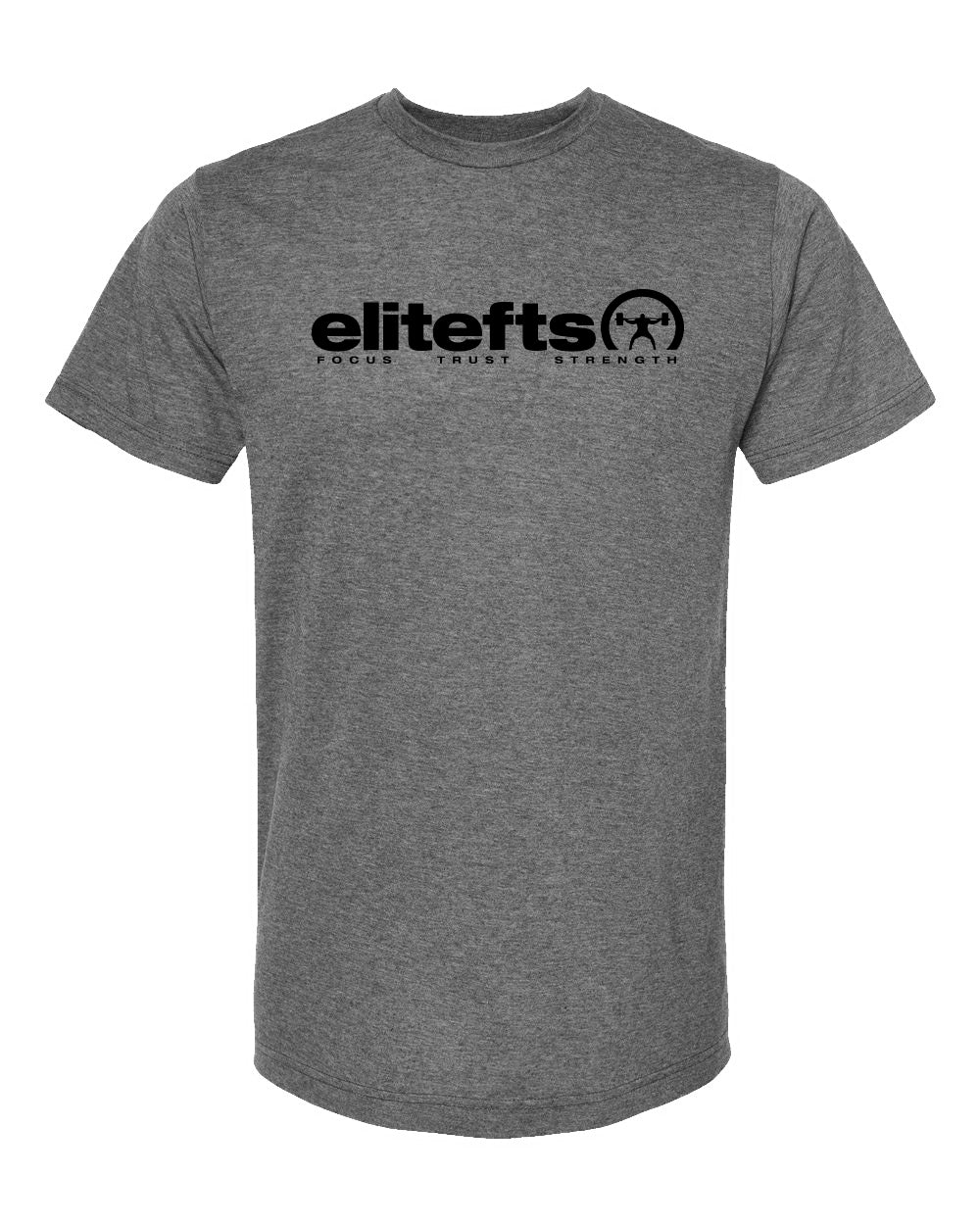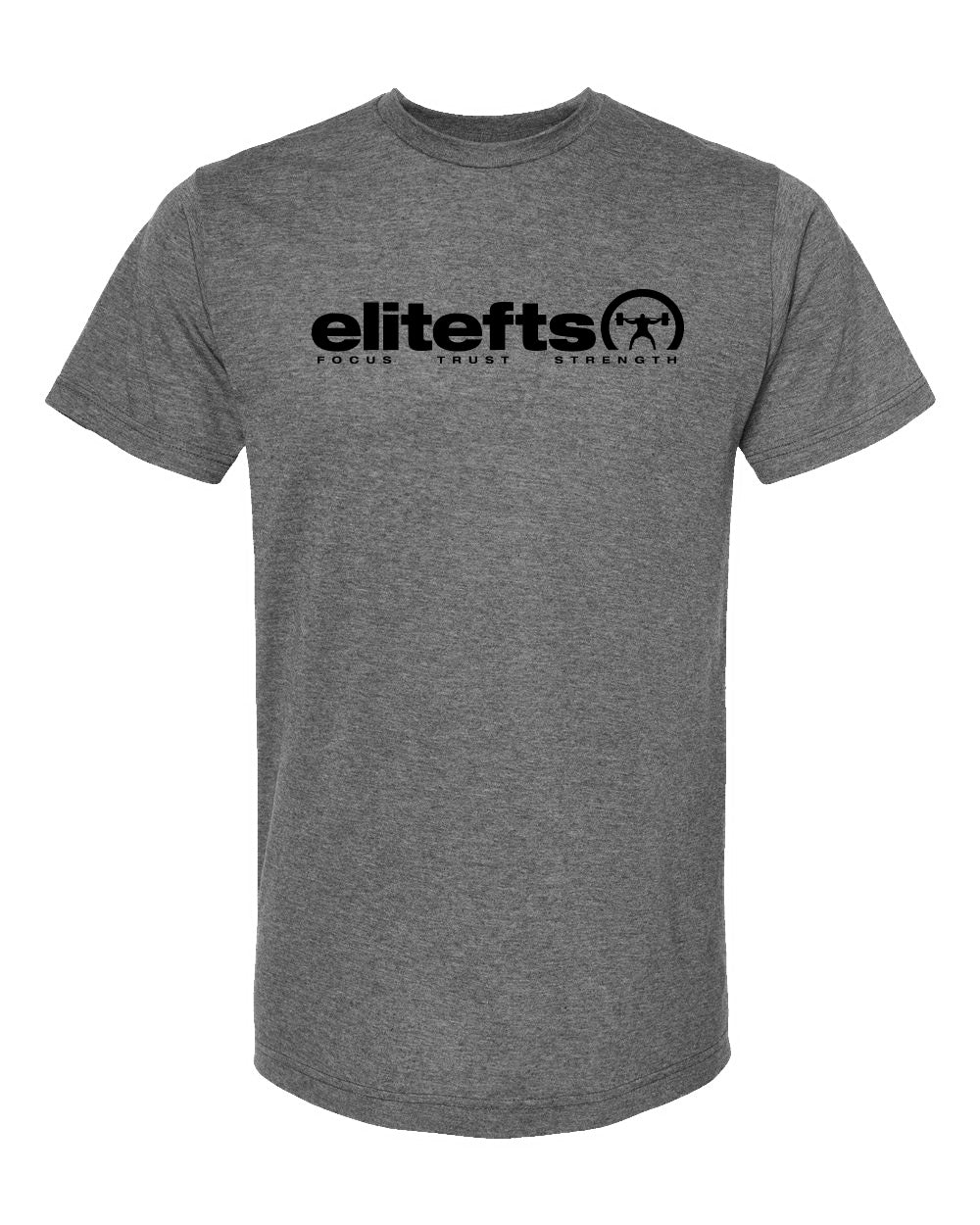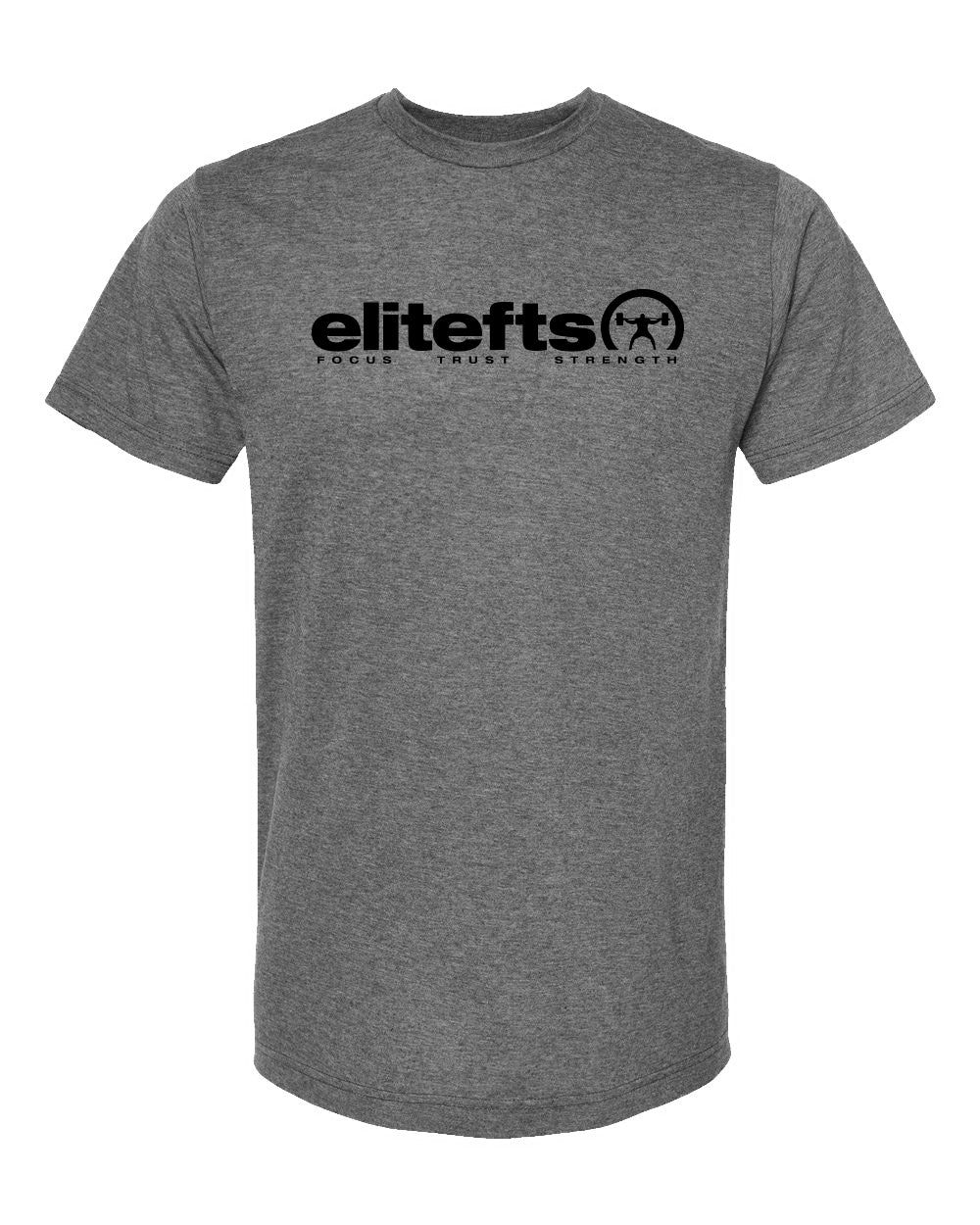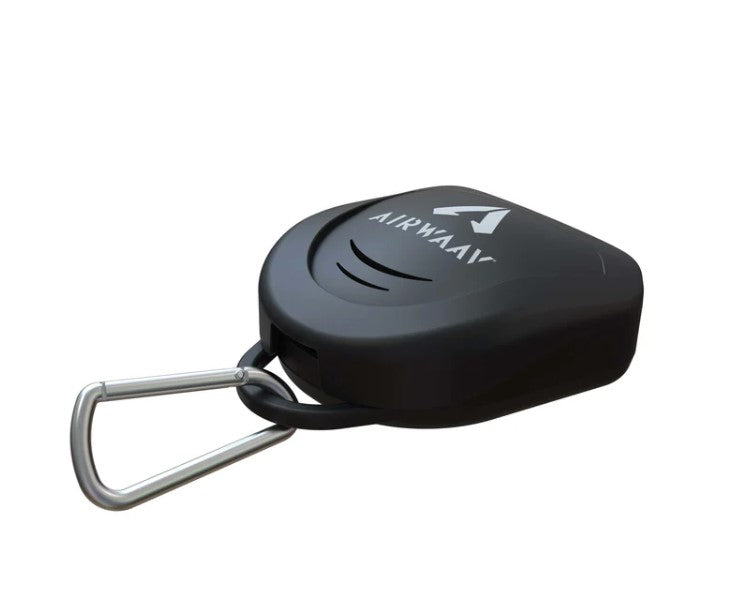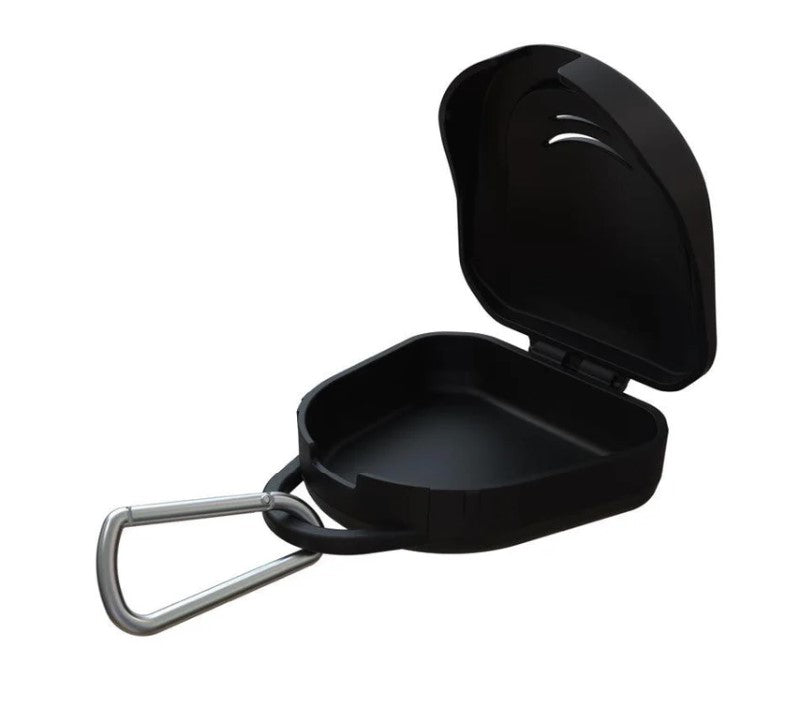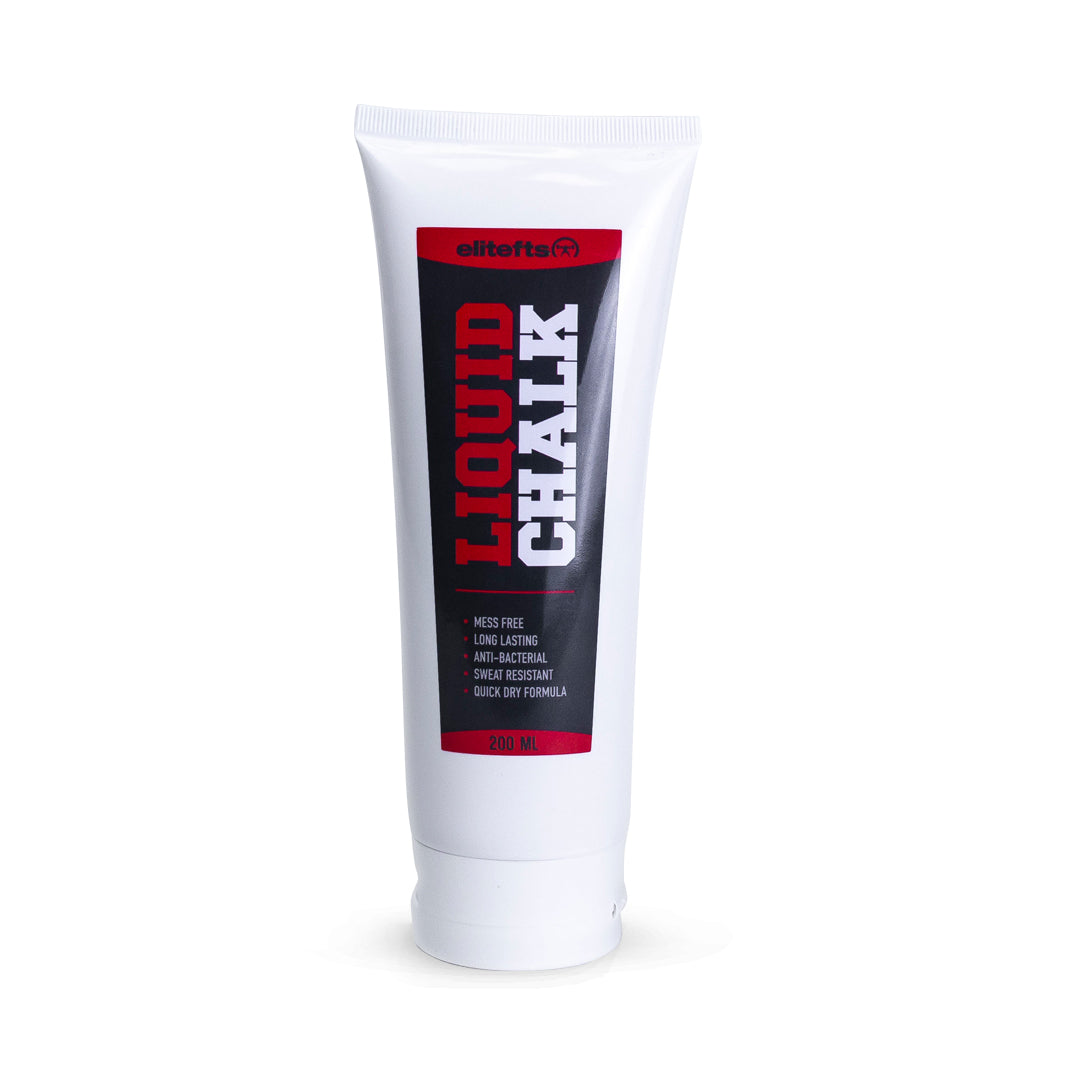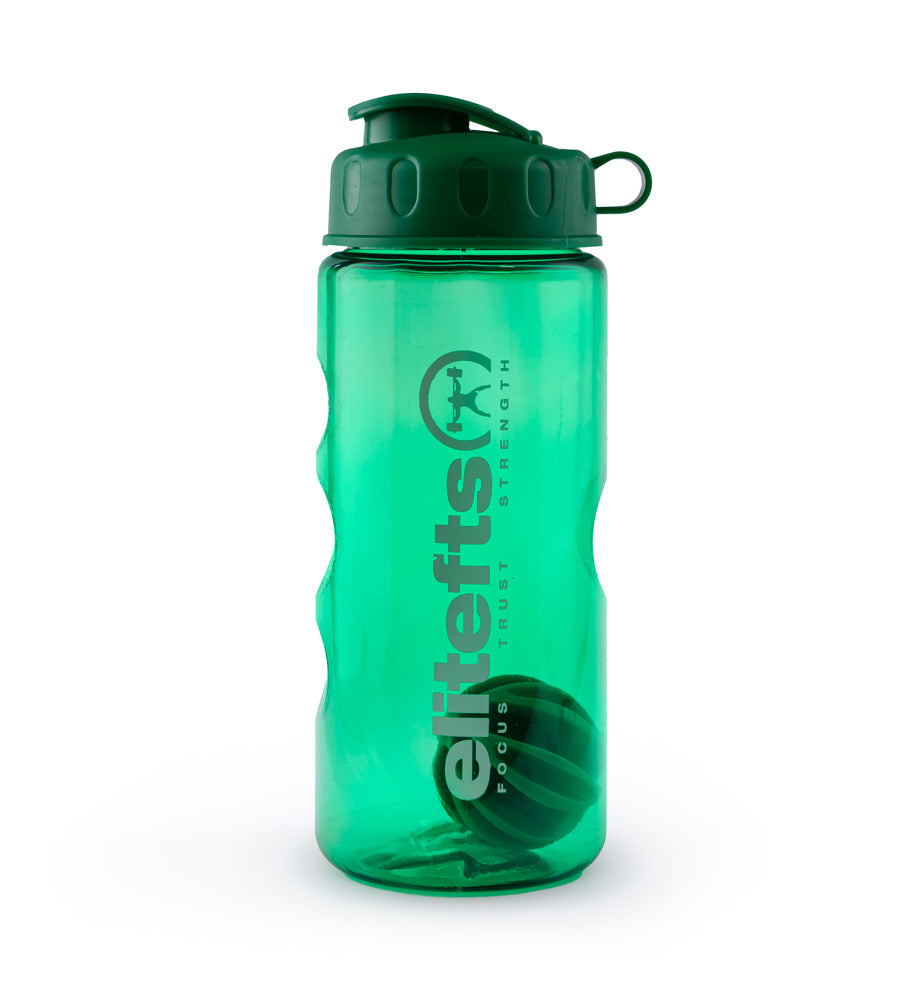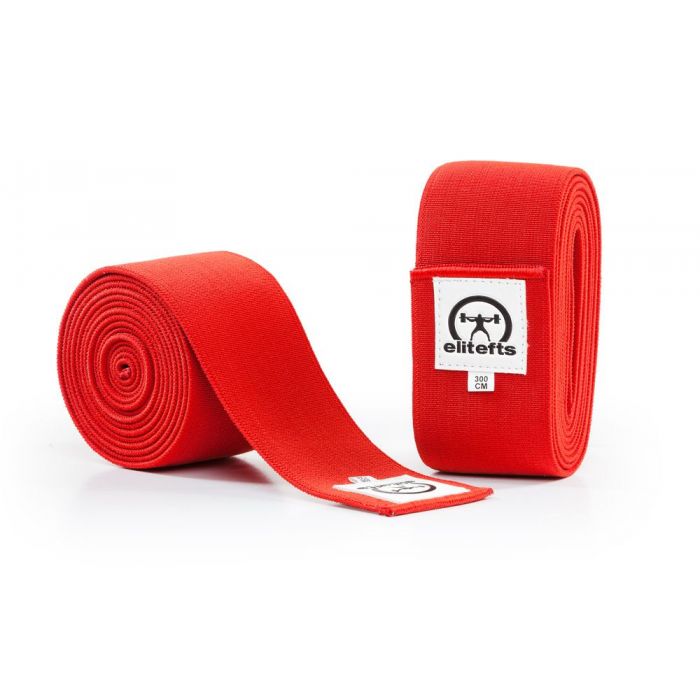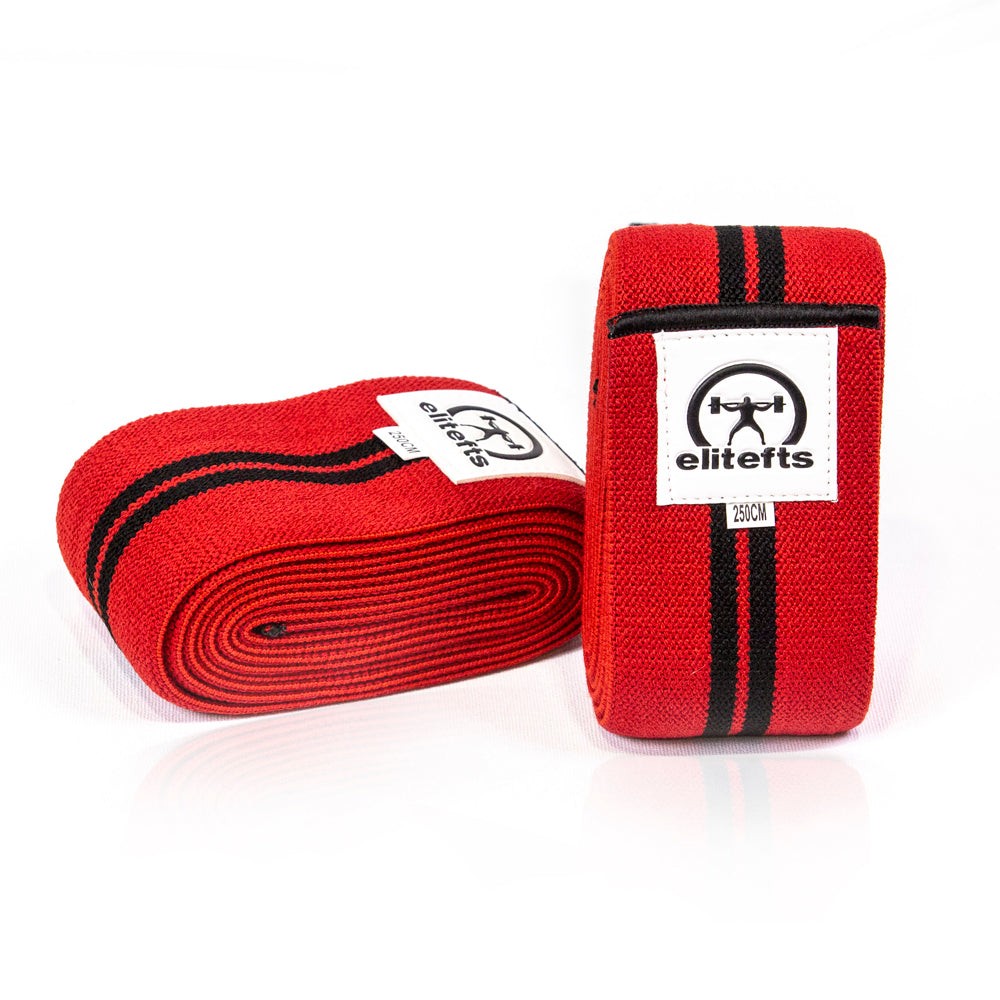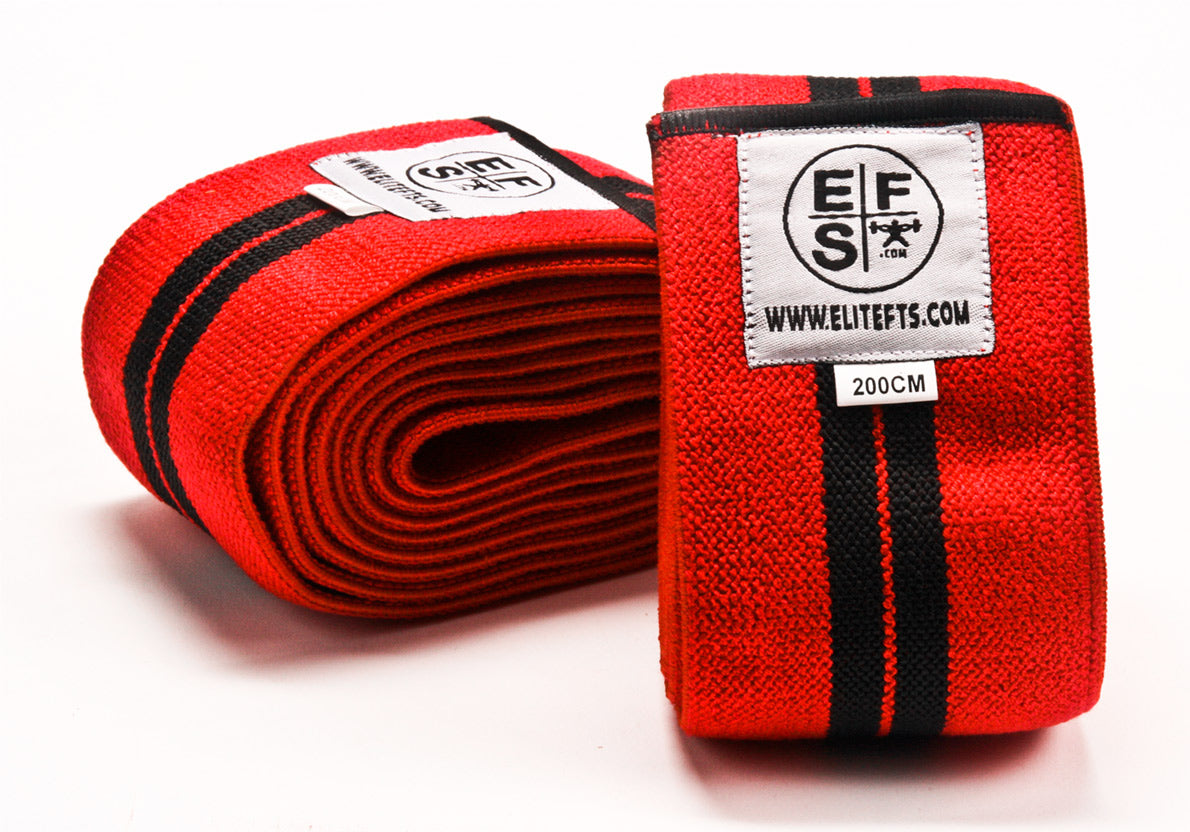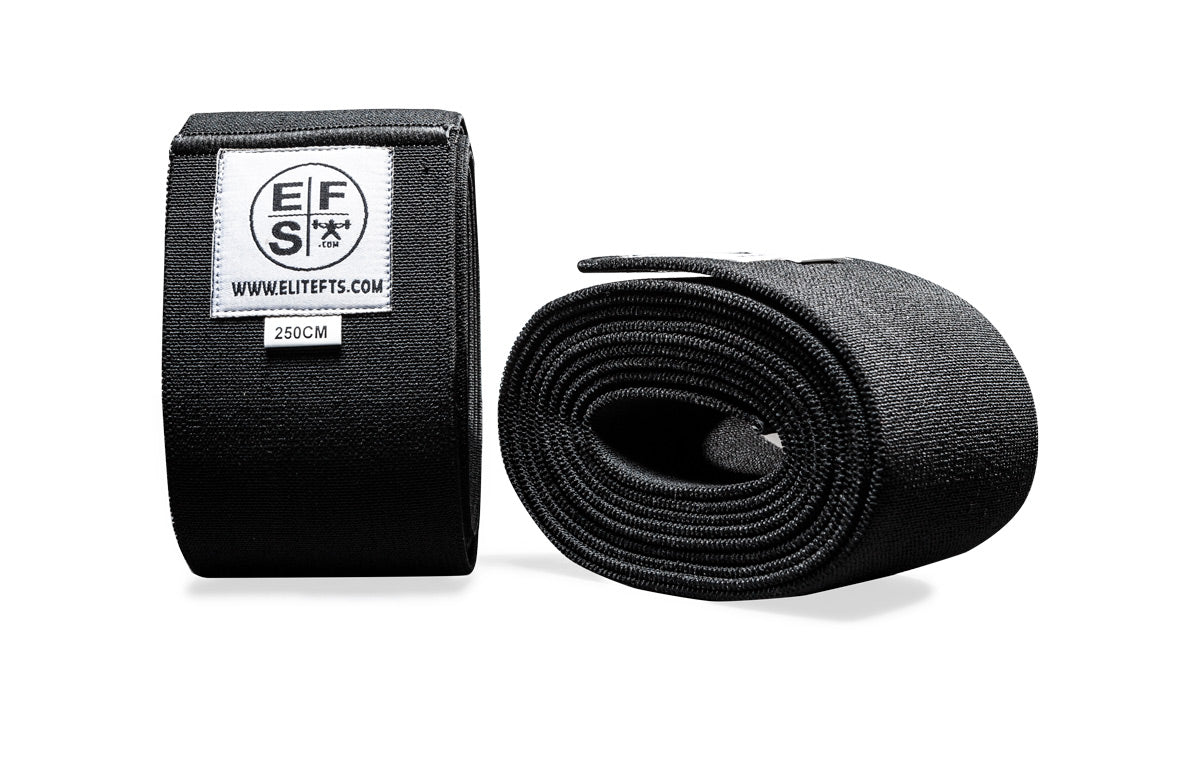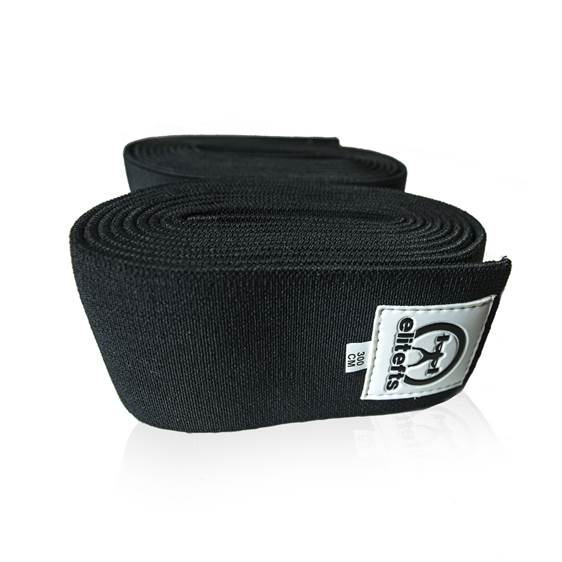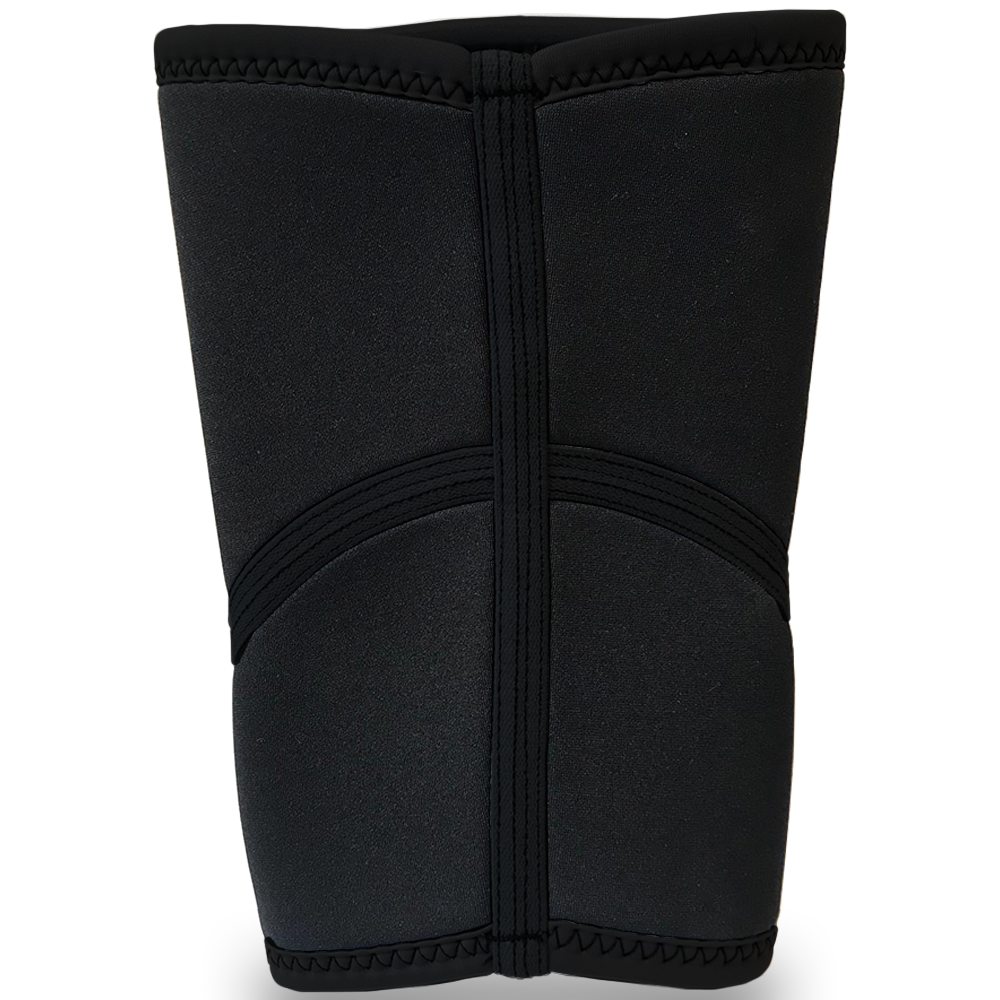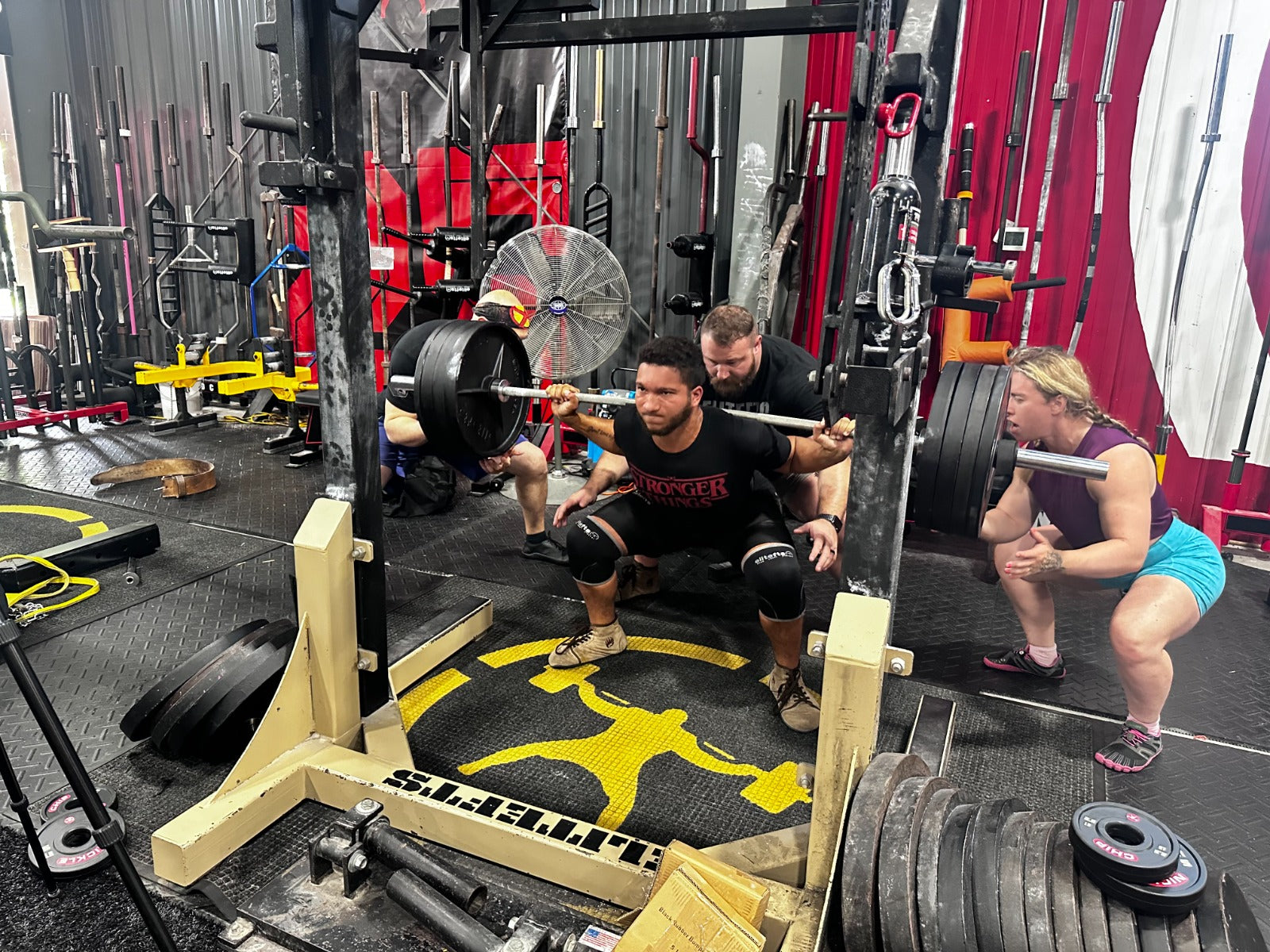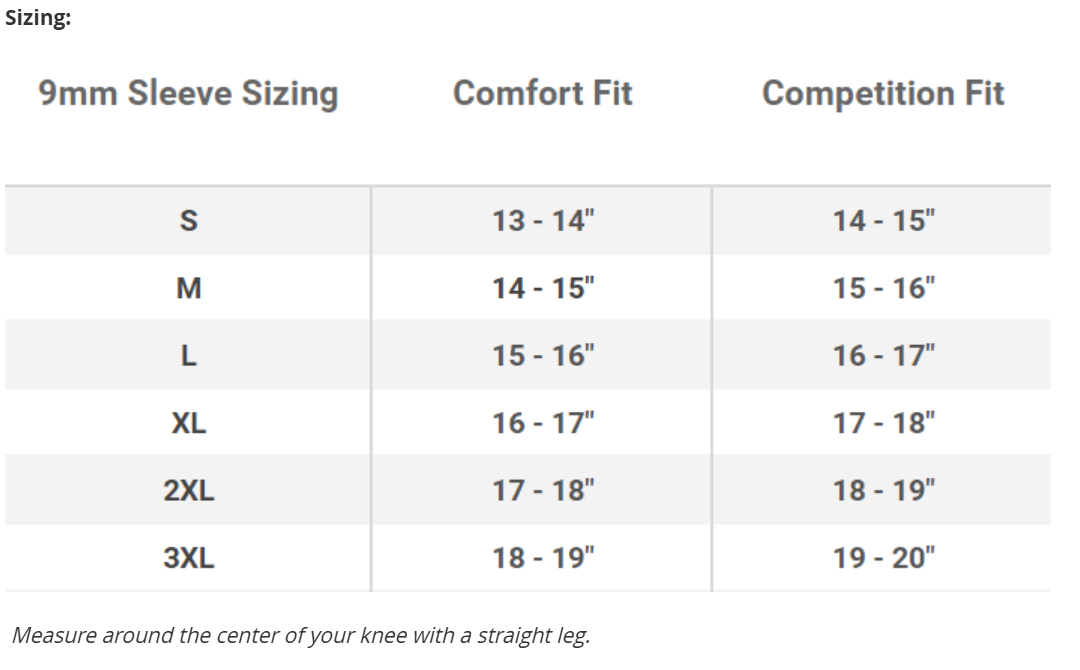I get a lot of questions from lifters asking what they need to do to get strong. What’s the most important part of training? What really matters?
Is it periodization? Conjugate versus undulating? Certainly not linear. What about exercise selection? Technique? Whether you train at a “compound” or a commercial gym?
No. All of this is bullshit. If you want to get strong, the one thing that really matters is your training philosophy.
A training philosophy is how YOU train. It’s what you know and believe to work, what you’d sign your name to. You’ll develop this over time. It’s more than saying, “I train 5x5” or “I do 5/3/1” or even “I’m a Westside guy.” This is your philosophy, your manifesto. Of course you’ll borrow inspiration from previous programs – we all do – but your philosophy is your particular spin on things. It belongs to you.
So why is this important?
Developing your own training philosophy means figuring shit out for yourself.
It means trying 100 things and 90 not panning out. Whatever does work still requires tweaking and adjusting.
It sounds grossly inefficient, doesn’t it? Why should I bother with all that when I can just do what Louie Simmons or John Meadows or
Jim Wendler tells me to do?
When you need a car, you don’t Google “car making” and start sourcing scrap metal – you head to the dealership and test-drive what’s on the lot.
These coaches that you look up to, whether it’s Louie or Jim or the late Bill Starr, all did this crucial “figure shit out” step while developing their respective systems. They each took the very good practices they were taught and made them their own.
That’s why when you’re in a slump in
5/3/1 and you contact Jim, he can probably give you a solution right away — because he knows his program so well. Before he could build it, he had to figure shit out for himself, and he continues to figure shit out as he helps guys.
Now this isn’t for everyone. Many lifters, even very talented lifters, just want to perform. They just want to be coached. I respect this and think it can make for a better lifter, as they’re less likely to get snakebit by overanalyzing things. Pair this kind of lifter with a great coach and watch him break records.
For the lifters that want to do more than perform, that want to leave their mark, that want their own HIT training or Westside or Mountain Dog, it means developing a philosophy. Here’s how to do it.
1. Execute What You Know
You can only coach what you know well. By well, I mean every last detail.Say you have two guys: one guy knows more exercises than Bill Pearl but his execution of any of them is just decent.
The other guy only knows four exercises: the push-up, pull-up, hanging leg raise, and bodyweight squat. But he knows every possible regression and progression and potential trouble spot and can teach (and execute) each exercise perfectly. Who’s the better coach?
It’s the second guy. The key to developing true mastery in this or any sport isn’t having a cursory knowledge of lots of stuff — it’s executing the basics at an extremely high level.
Once you have a solid foundation in the basics, you can comfortably progress without seeing your core skills erode.
During Meadows’ last prep, he specifically targeted his lower lats. So we focused intensely on just two main exercises, which we happen to know very well, the chest supported row and pulldowns. We tweaked it to suit his needs using a different variation every training session for close to one year. Different contraction points, tempos, partials; we got creative and made it work for him. That’s executing what you know.
Every day you hear a lifter in a slump saying how he “has to go back to the basics.” Why is that?
It’s because they never had the basics 100% right to begin with and tried to advance prematurely. That always catches up to you.
Execute what you know extremely well. It really helps if it’s the basics.
2. Know What You Don’t Know
Ever hear of theDunnig-Kruger effect? It’s a cognitive bias where unskilled people mistakenly assess their ability to be much higher than it really is. Conversely, the highly skilled individuals tend to underestimate their competence.
You see it online all the time. Guys enter these debates where they’re way out of their depth and start firing around soundbytes like they’re an authority.
Sure enough, eventually some PhD shows up and anally pounds them with studies and facts and experience — and they turn their tails and disappear.
Here’s how the Dunnig-Kruger effect plays out in the strength and conditioning industry:
“My knee hurts so I’m going to add 30 second iso holds.”
Really? Do you know that’s a good idea? Why 30 seconds and not 20? What experience do you have with this? Is your knee even injured or just a little sore?
To fall back on the first point, if you just executed what you did know (simply cleaning up your squat) that would absolutely help. No iso holds. No argument about 20 or 30 seconds.
Often, low-experience coaches will fire around advanced techniques and programs for lifters who could still make considerable progress with basic linear periodization and better technique, whereas the older, more experienced coaches tend to look for very rudimentary solutions to solve problems. Forget a 12-week circa max program for your squat — is the bar sitting correctly on your traps?
Accepting what you don’t know also let’s you see what you can still learn. Which leads to my next point.
3. Constantly Educate Yourself
You have to keep up with the times. You’re never done learning, ever. If you want to stay relevant and at the top of your game, keep learning.Now, this isn’t just finding the latest “cutting edge” strength and conditioning theory. Yes, this IS important, but it’s not everything. On the contrary, it’s reading the stuff that’s been around for 50 years—supersets, rest-pauses, drop sets, maximal eccentrics, isometrics, dynamic effort work, training to failure, etc.—and seeing how it would fit into a new program.
Old school programming worked then, and still works now. Maybe you forgot about it? Now how can you make it better, or at least your own?
[That said, digging up your old muscle-building books is NOT research. For the love of God, give the guys who actually put on a lab coat and do research for a living some respect.]
Another thing: when you do read, don’t just read the stuff you agree with.
“I’m a Westside guy so I won’t read anything on HIT training.”
Remember, you’re trying to build your own philosophy. Maybe see why HIT supporters are so into it. Perhaps there’s something in the programming that you can weave into your higher volume approach.
Similarly, I’ve seen guys go through a 10-page article that completely discredits their training system and then find one line they happen to agree with, and then highlight that line as “proof” their system works.
What you should do is seek out stuff that disagrees with you and try to figure out why. You won’t get better by trying to hear how good you already are.
4. Validate Your Resource
When presented with new information or research, before you buy in, you should consider eight key questions:1. What is their education?
2. Who were their mentors?
3. Who did they train with?
4. Who did they train under?
5. Who have they trained?
6. What have they personally done?
7. How long have they been doing it?
8. Is this how they earn a living?
I think the first time I presented this list was close to 20 years ago after a discussion with Louie Simmons. I then wrote about some of them in my first book
Under The Bar and over the past ten years have revisited and expand on this several times in my
Under The Bar column. The reason I am noting this is I’ve put well over two decades of thought into this and each time it is presented it becomes a bit more clear because of the feedback I receive.
The first thing to note is that this list is evolving and SHOULD, because what would it mean or be if I wasn’t trying to validate it on a constant basis?
No one is going to excel at all categories, nor will every category be equally important to everyone. That depends on personal values and bias, and there are no wrong answers. Here’s how I look at each factor.
1. Some completely discredit education in favor of time under the bar. I happen to value education, but my background is in exercise physiology. That’s my bias showing. Yours may be different. That’s okay, as long as you acknowledge this.
2. Mentors shape a path more than education or experience. When you know a guy’s mentor, you typically know what their own philosophy is all about. It’s also a big indicator of their network — in other words, who they continue to draw influence from today.
3. Who they train with tells you how hungry a guy is. A guy who leaves the security of being grand pooba of his own gym to train among stronger guys is a fighter. He’s willing to sacrifice ego to learn and get better. That’s also a guy who wants to develop a philosophy.
4. Who they train under is interesting. Some strength coaches crank out amazing assistants that go on to be even better coaches. For example, Brian Shaw is an incredible strength athlete. But what many people don’t know was that he started out as an intern for Joe Kenn. The last time he was out here, Brian told me that he wouldn’t be where he is now if it wasn’t for Joe, because Joe knew when to hold him back.
As soon as Brian’s form broke down, even if he was only pulling 405, the workout was over. And while it pissed him off at the time, Brian has gone on to a very
impressive track record.
5. Who a coach trains is important. Can you make someone else better than you? If everyone you coach fails to surpass you, I’d argue that you’re just a very talented lifter and not a very good coach. There are few, few coaches in this world that were such great athletes that they will not be able to make others better than they were. VERY FEW. For most, there is no reason, if they learned along the way, that they can’t create athletes better than they were.
6. What have you done personally under the bar. I value experience. I grew up in the gym. I know firsthand that much can’t be learned in a book or in the lab.
What you accomplish under the bar also shows commitment. I don’t care how gifted you are, you still have to show up and work.
That said, I’d rather a guy that wasn’t so gifted coached me. Someone who had to kick and fight for every last PR. The lifter who has faced and overcome every sticking point is the guy who can help you get past yours.
7. How long have they been doing it is tricky. You don’t want someone who’s coached just 10 people — they don’t know anything yet. At the same time, a guy with thousands of clients is likely a little too set in his ways or burnt out. Or both.
I think the sweet spot is somewhere in the middle.
8. Finally, do they make a living at it? Most people coaching have a day job to support themselves. They coach out of passion for the sport. I tend to be wary of people who see coaching as a lucrative or even profitable career, as they tend to be looking for validation that the sport didn’t give them as athletes.
The Internet has only made this worse as people are grossly embellishing their accomplishments. Of course, the ‘net also offers a way to verify things, but you’re still working at a bit of a disadvantage because people are now too lazy to even Google search a question. Bitch all you want about online experts, but it really wasn’t that long ago when your only source to validate the credibility of someone was from a magazine (not a good source at all), hear-say, and referrals. Now, if you really want to know if someone is a good coach or not you can find out in less than one day. The Internet is great way to build a false reputation but it is also a great way to expose one if you take the time to ask the right question and search around a bit.
Where your resources sit in each of the above categories and how important those metrics are to you will help shape your philosophy moving forward. What you value the most will be different than someone else. Take the time to know and understand your biases, as well as what you respect the most. Rank your coach based on what you value the most and you will find a great match. If you find your coach is lying about any of these the odds are they are also lying about way more than this. If you are a coach don’t pigeon-toe yourself in one category. If you are an “under the bar” guy take the time to learn some of the basic exercise science. If you are a “lab” guy, spend some time training with some meatheads. Broaden your perspective and learn how to argue against what you believe the most.
Dorian Yates has been credited with reinvigorating HIT training for bodybuilding. But he was also a more cerebral bodybuilder and was quick to point out that he did nothing fancy, just worked hard and smart. He’d be a good mentor, and would make for someone to base a philosophy on.
On the other hand, some bodybuilders tend to just be incredibly gifted and respond well to hard work and great coaching. That’s tough to build a philosophy on.
So next time you hear...
- "Yeah, so what's he squat?"
- "I used to triple that shit"
- "The best book is the one you can board press off."
- "I used to train with...(monster name dropper)"
- "Back in the day..."
- "Can you support that with research?"
- "I have x lifters who have done…"
In the end, I don’t expect everyone reading this to really care. Some of you just wanna lift and get big and break world records. That’s awesome and I wish you every success in the world.
However, some of you, perhaps the less gifted among you, might want to leave a mark in other ways. To show the world that you shaped training as much as it shaped you.
That’s what developing a training philosophy is all about.














